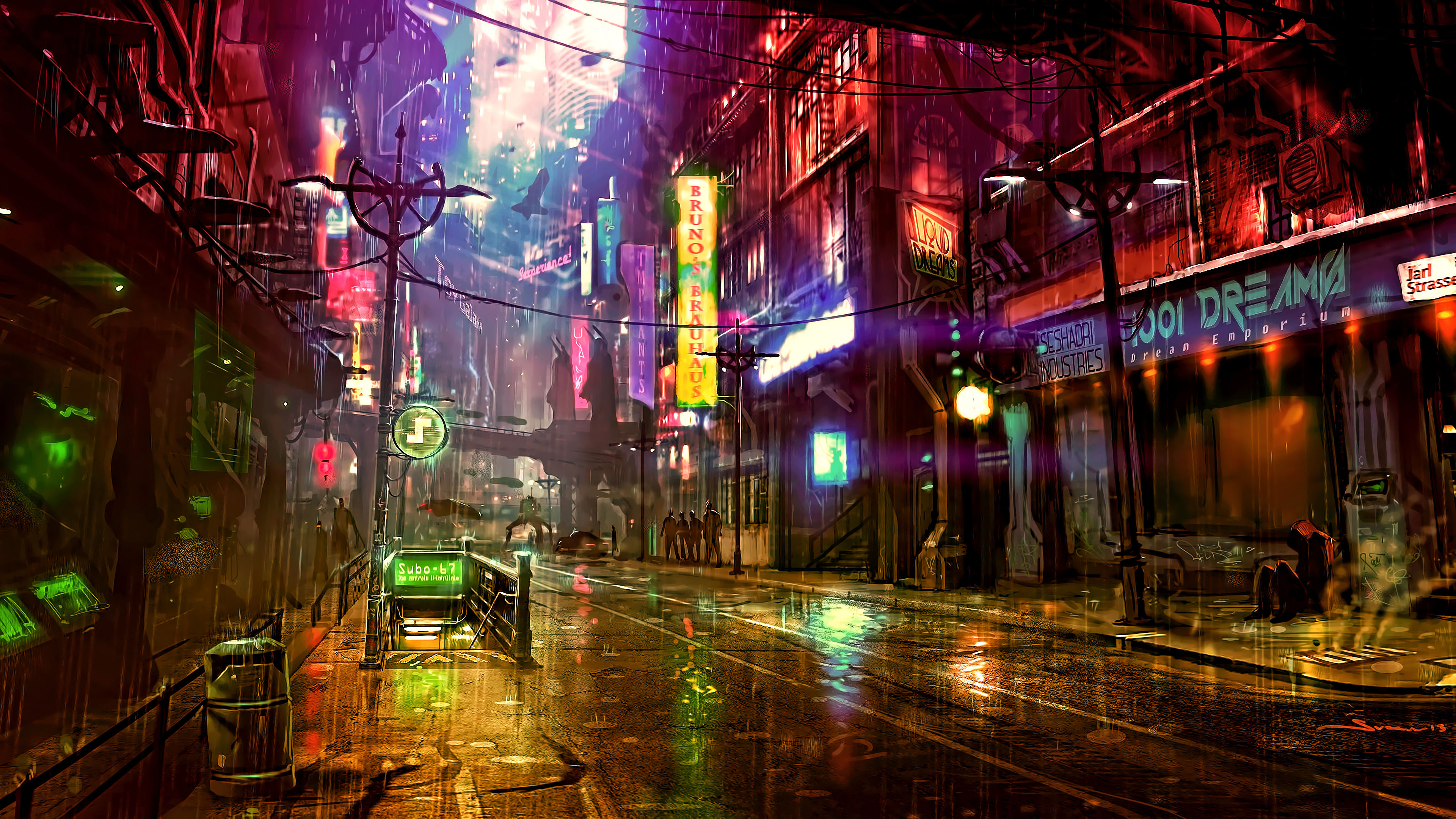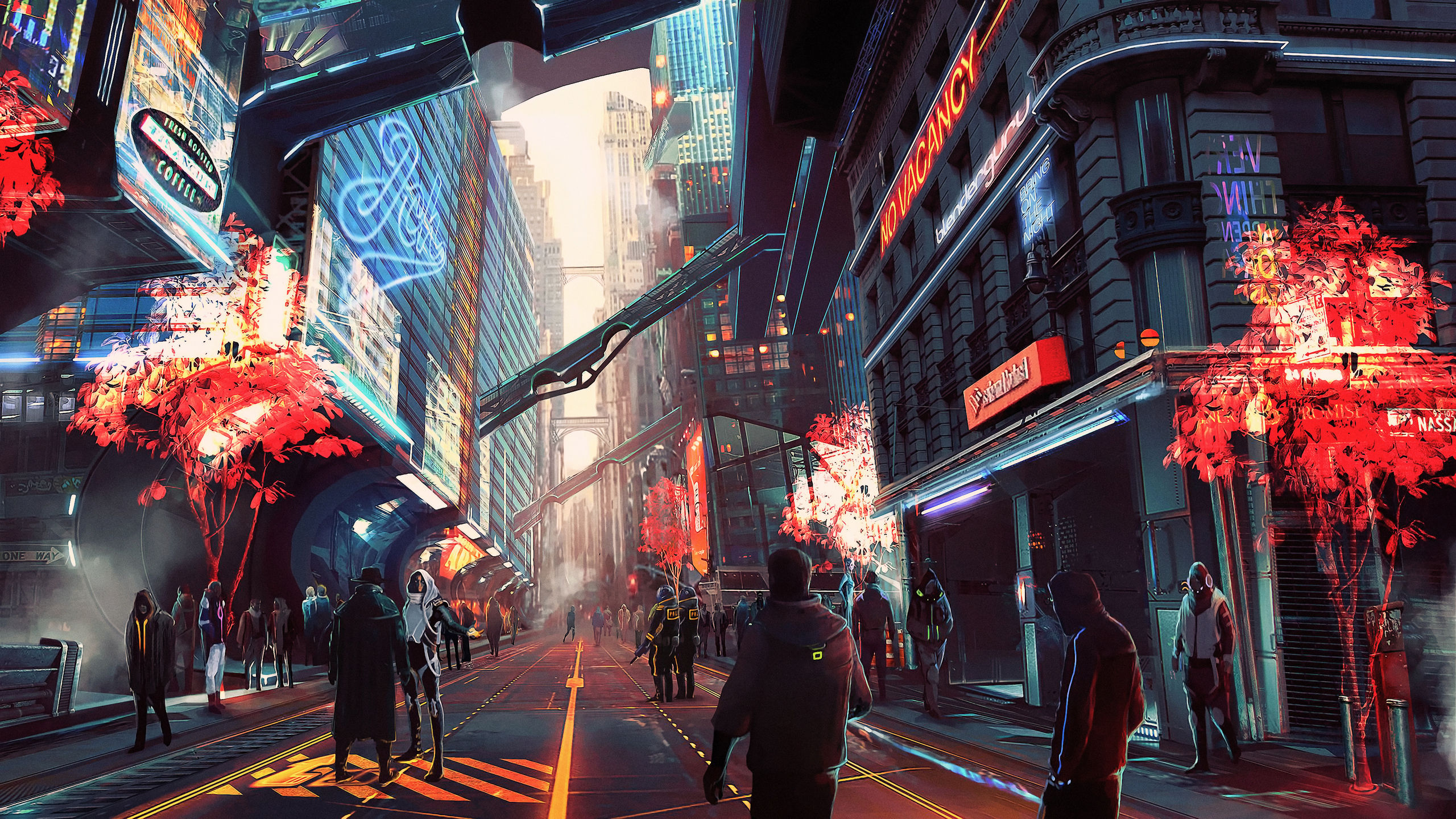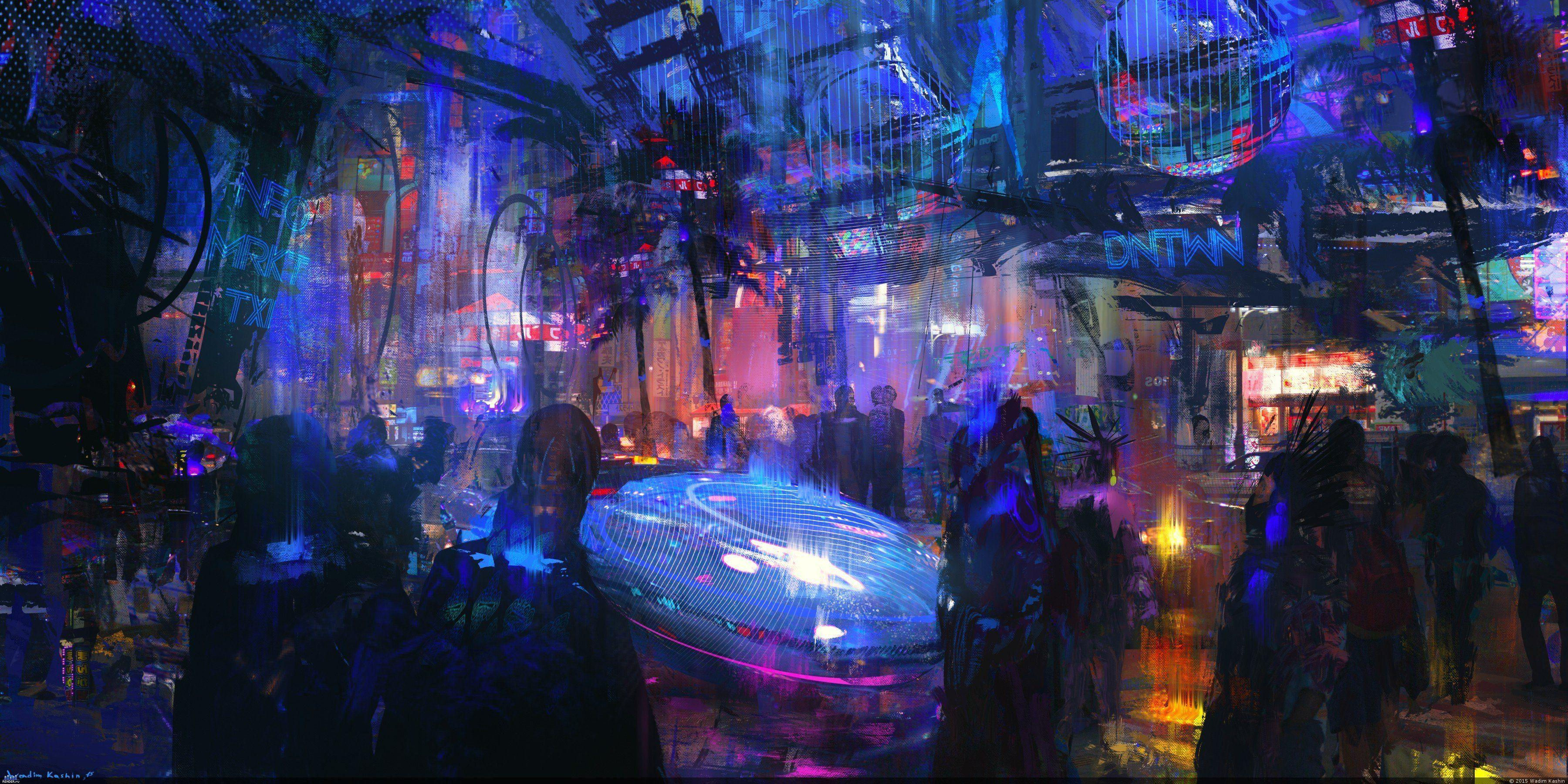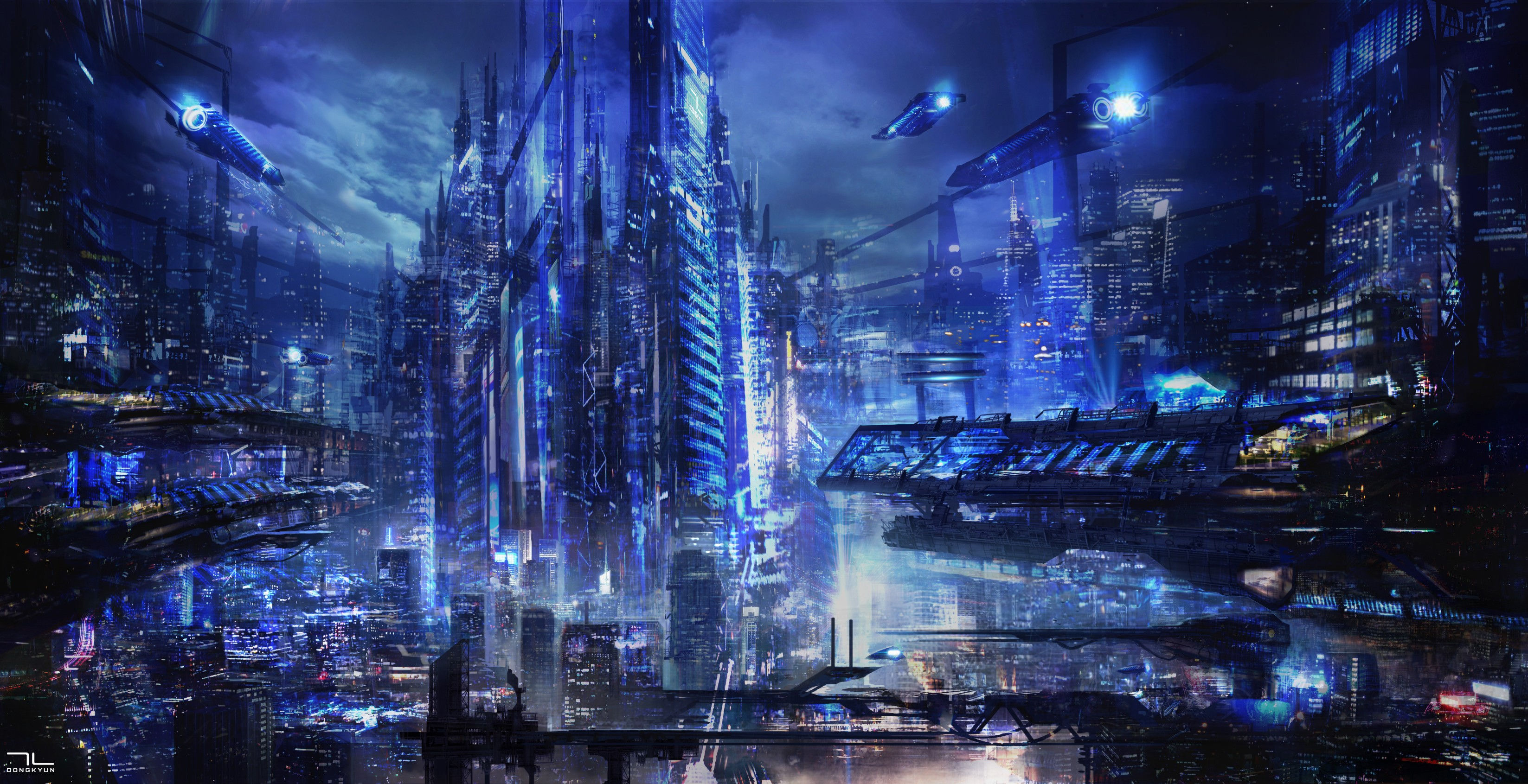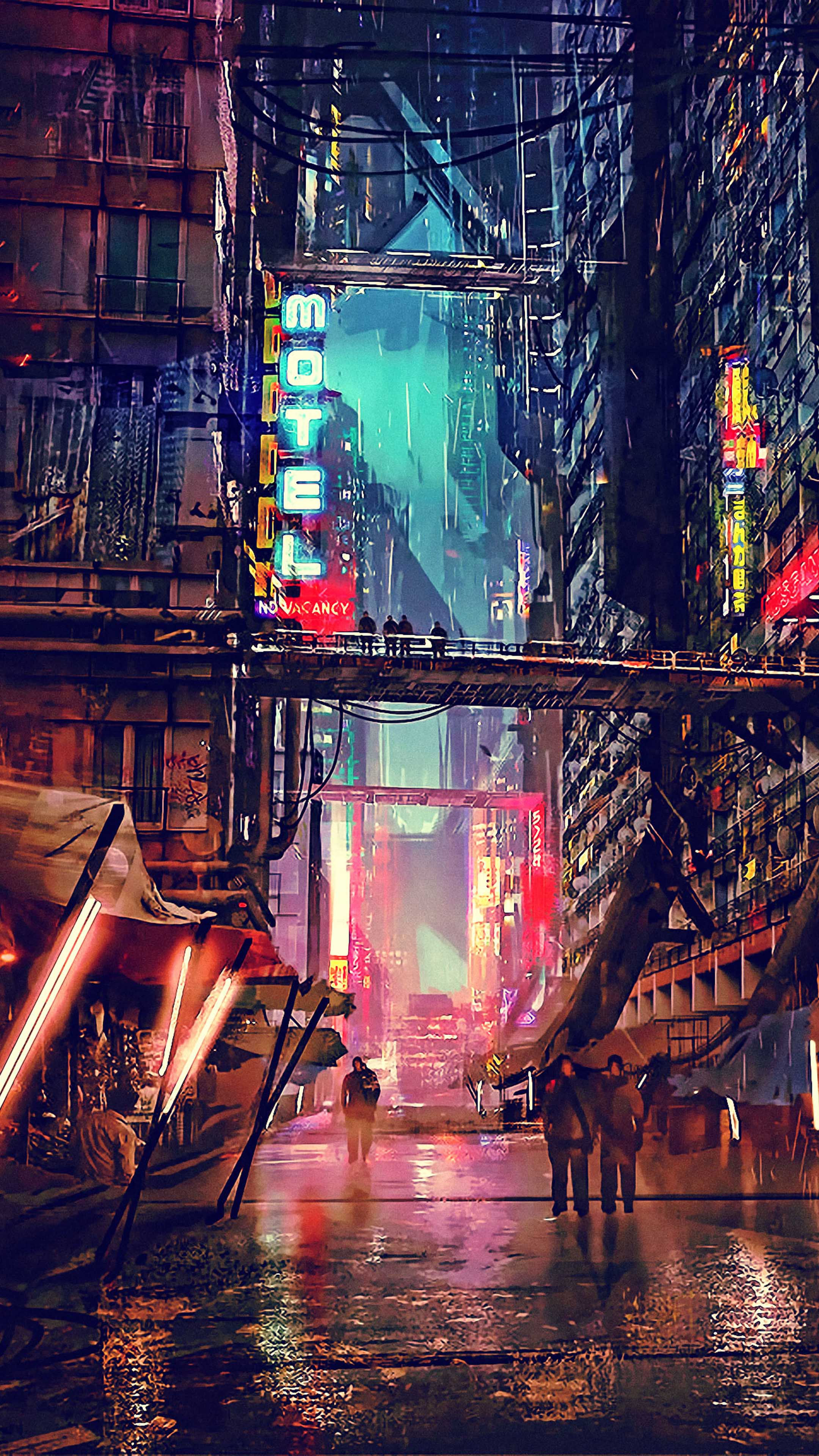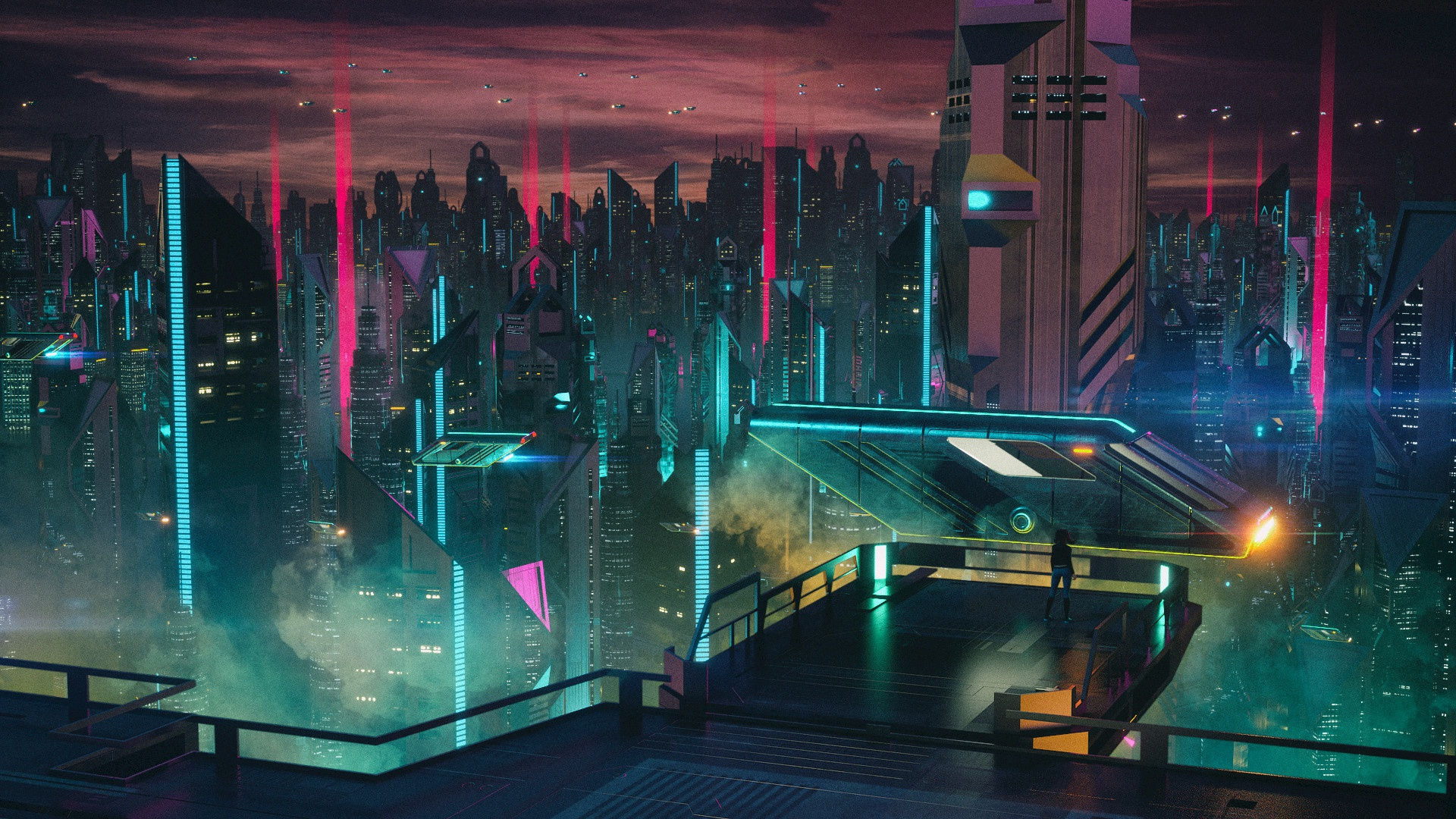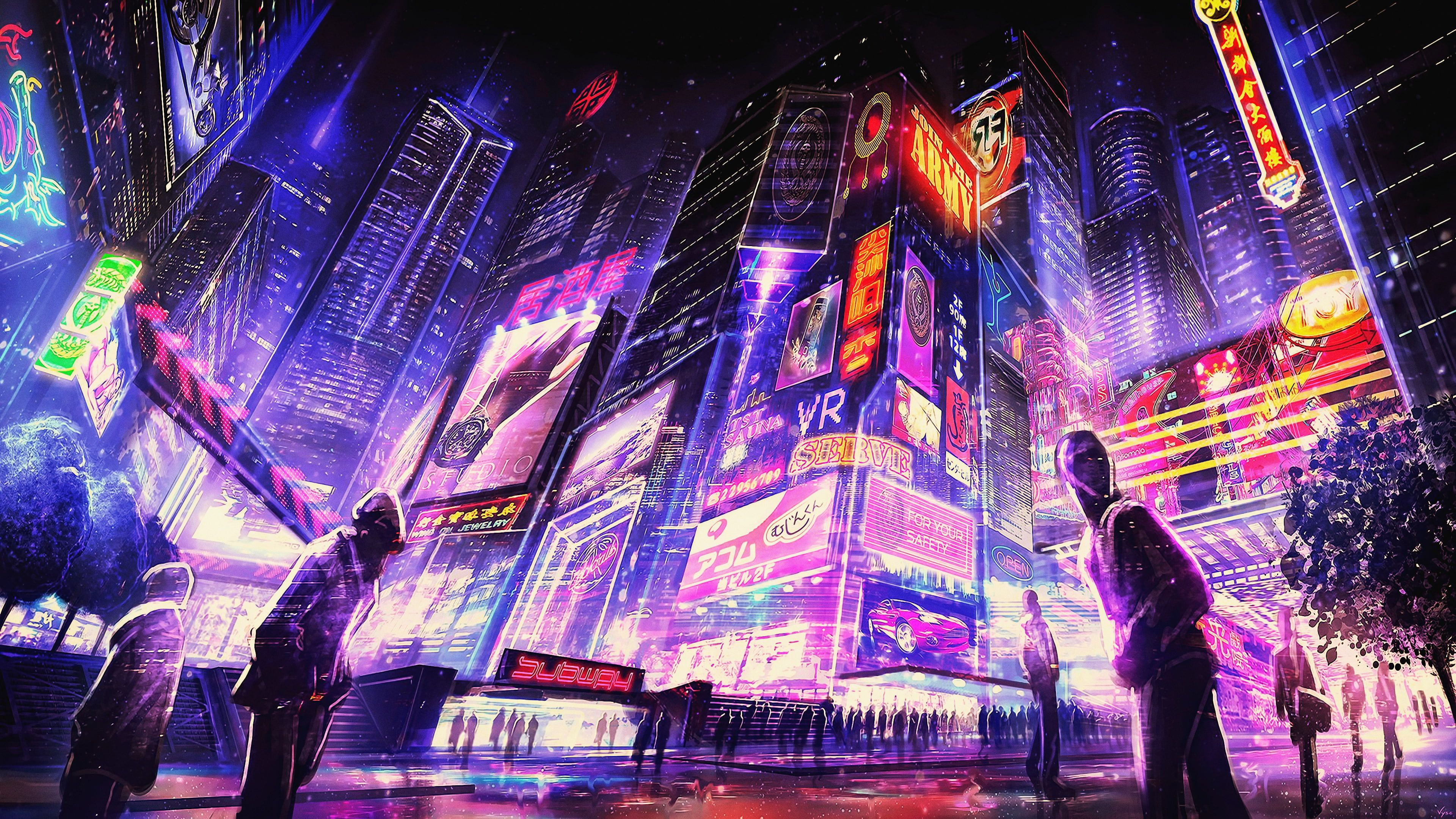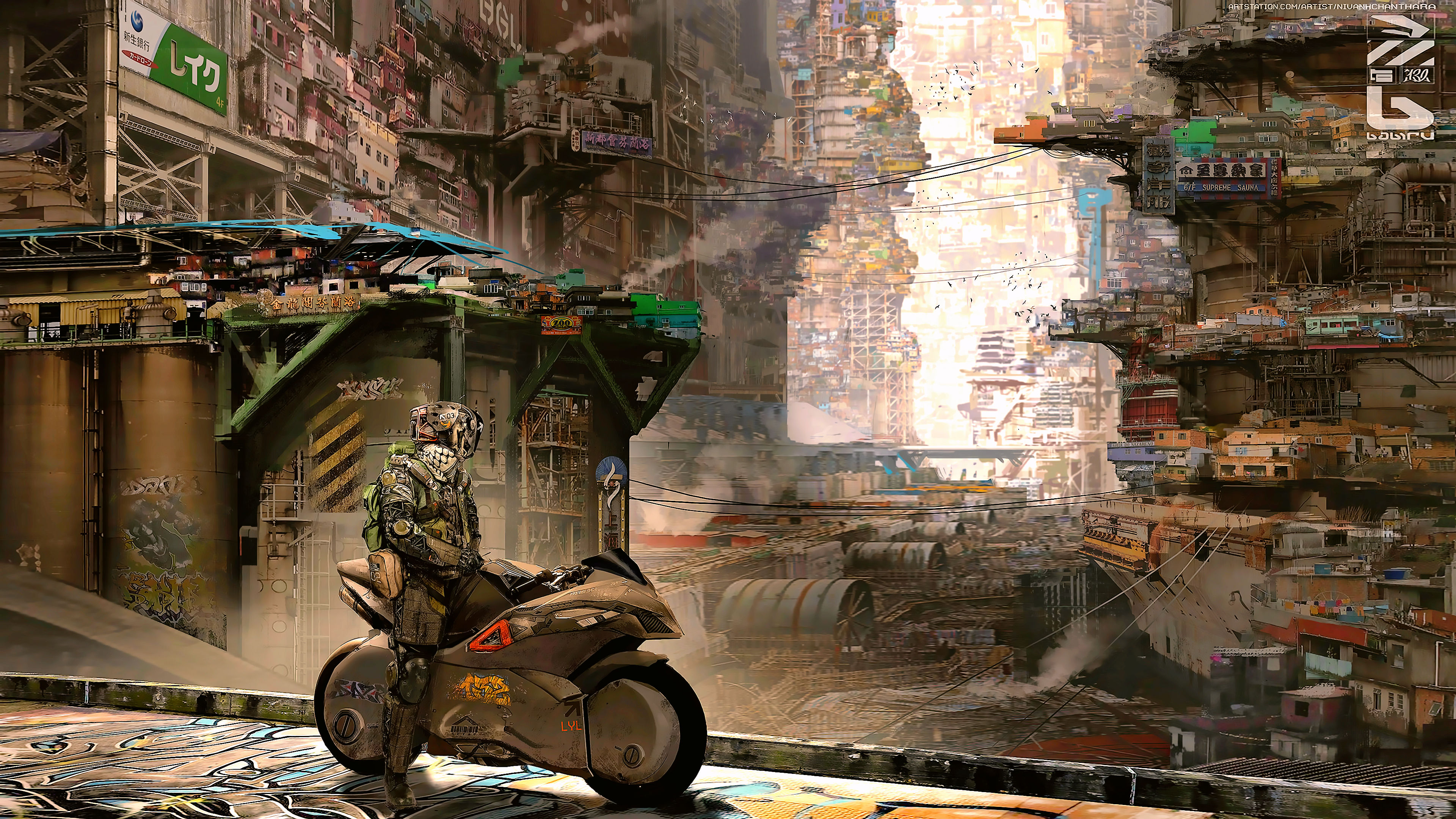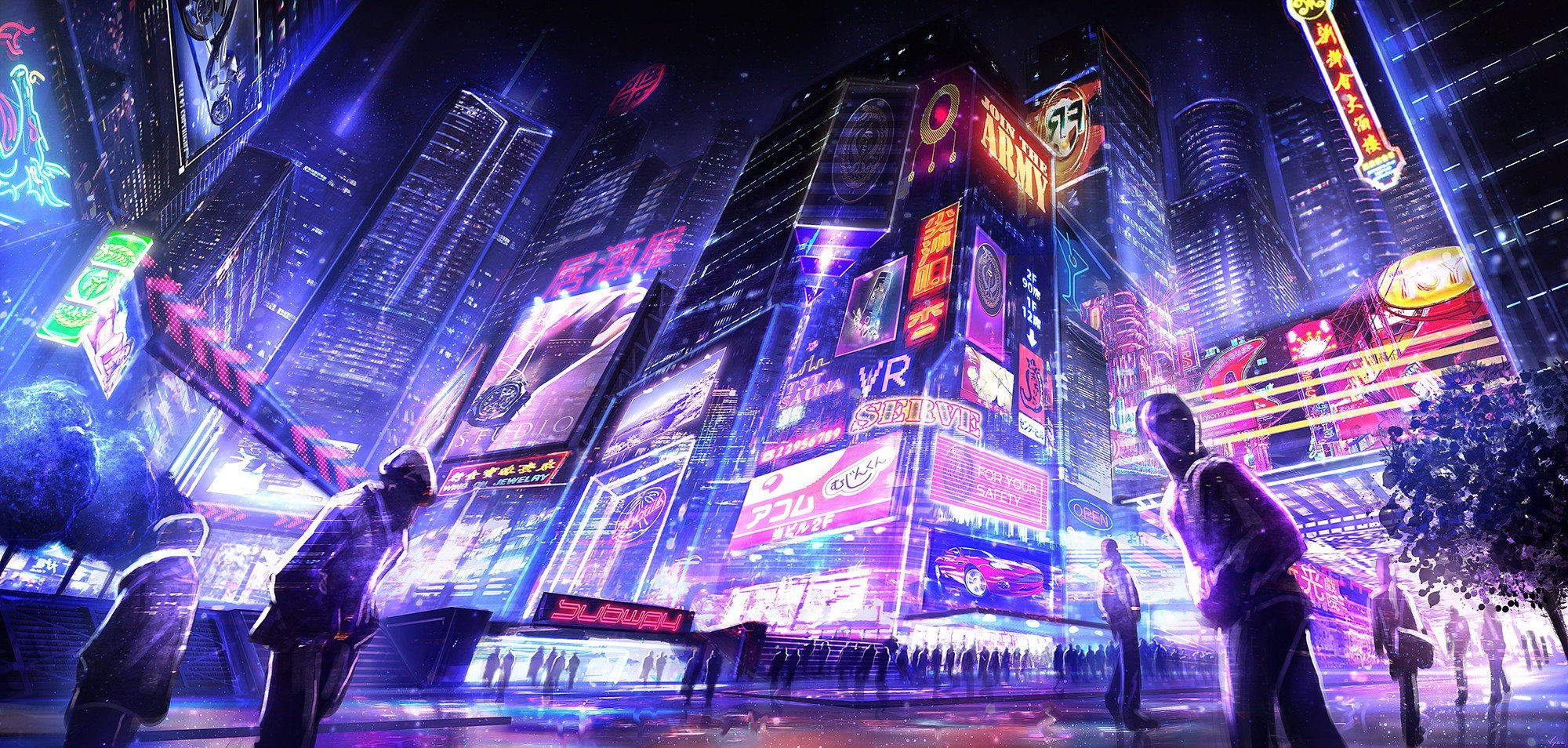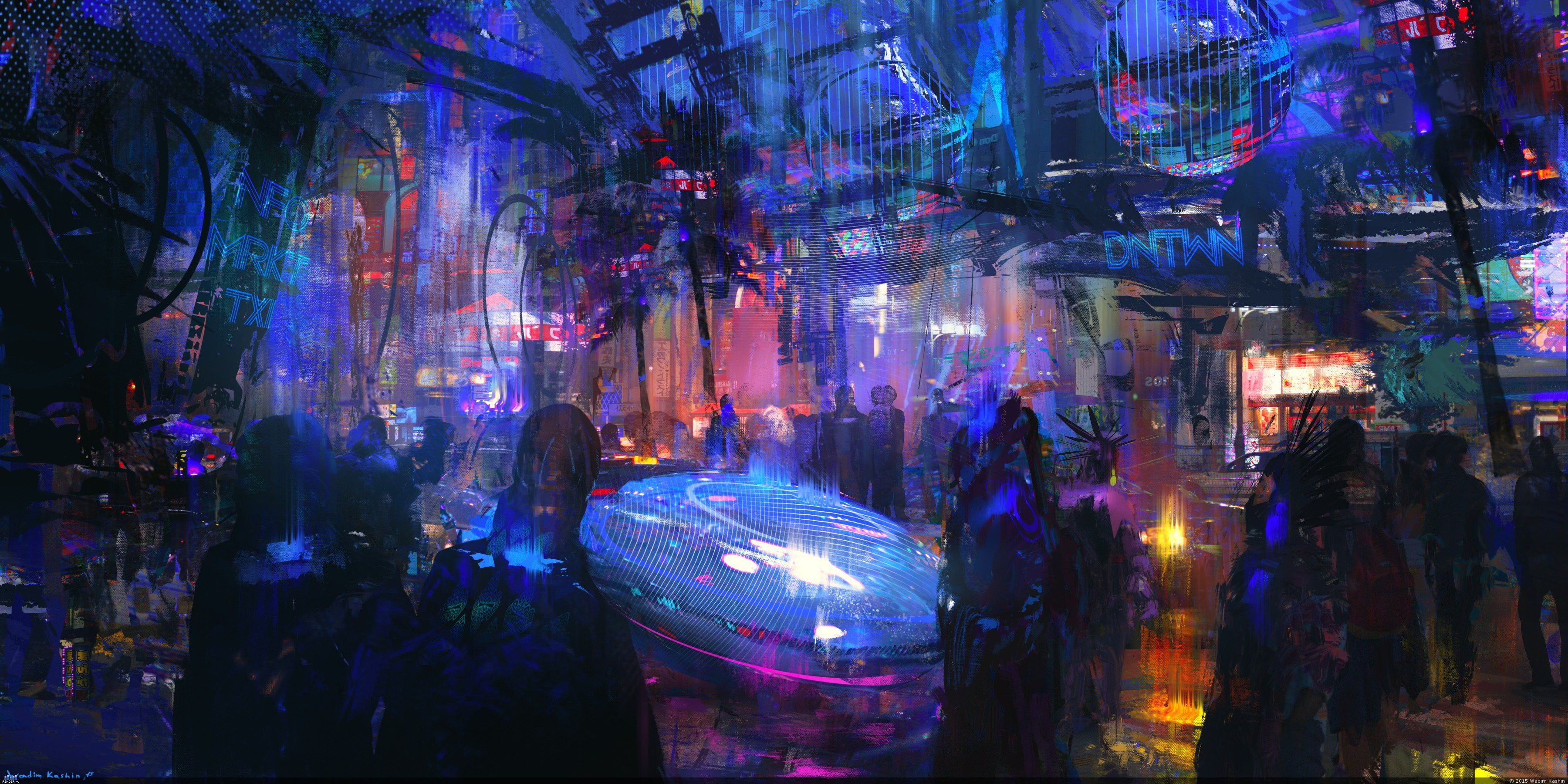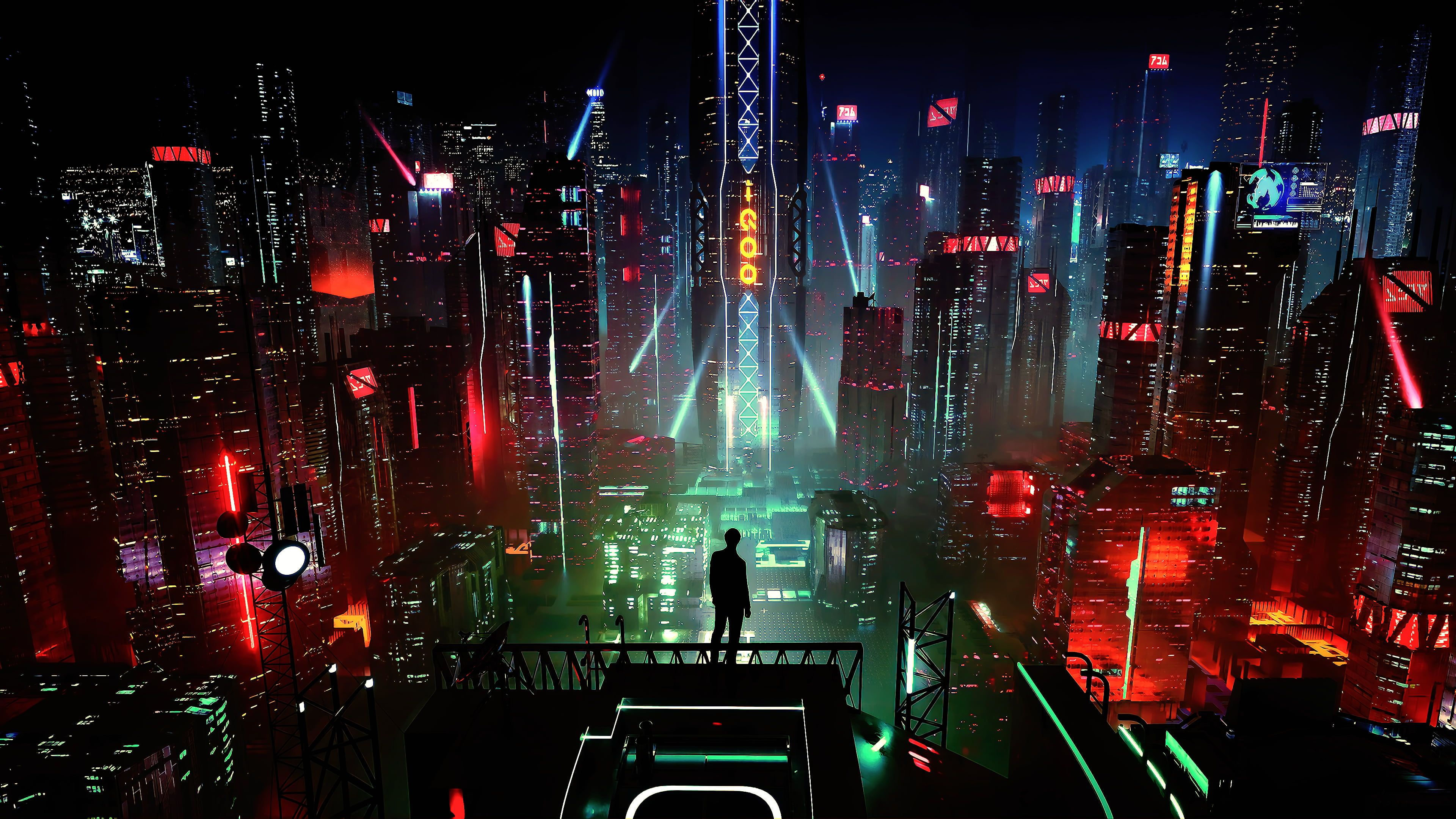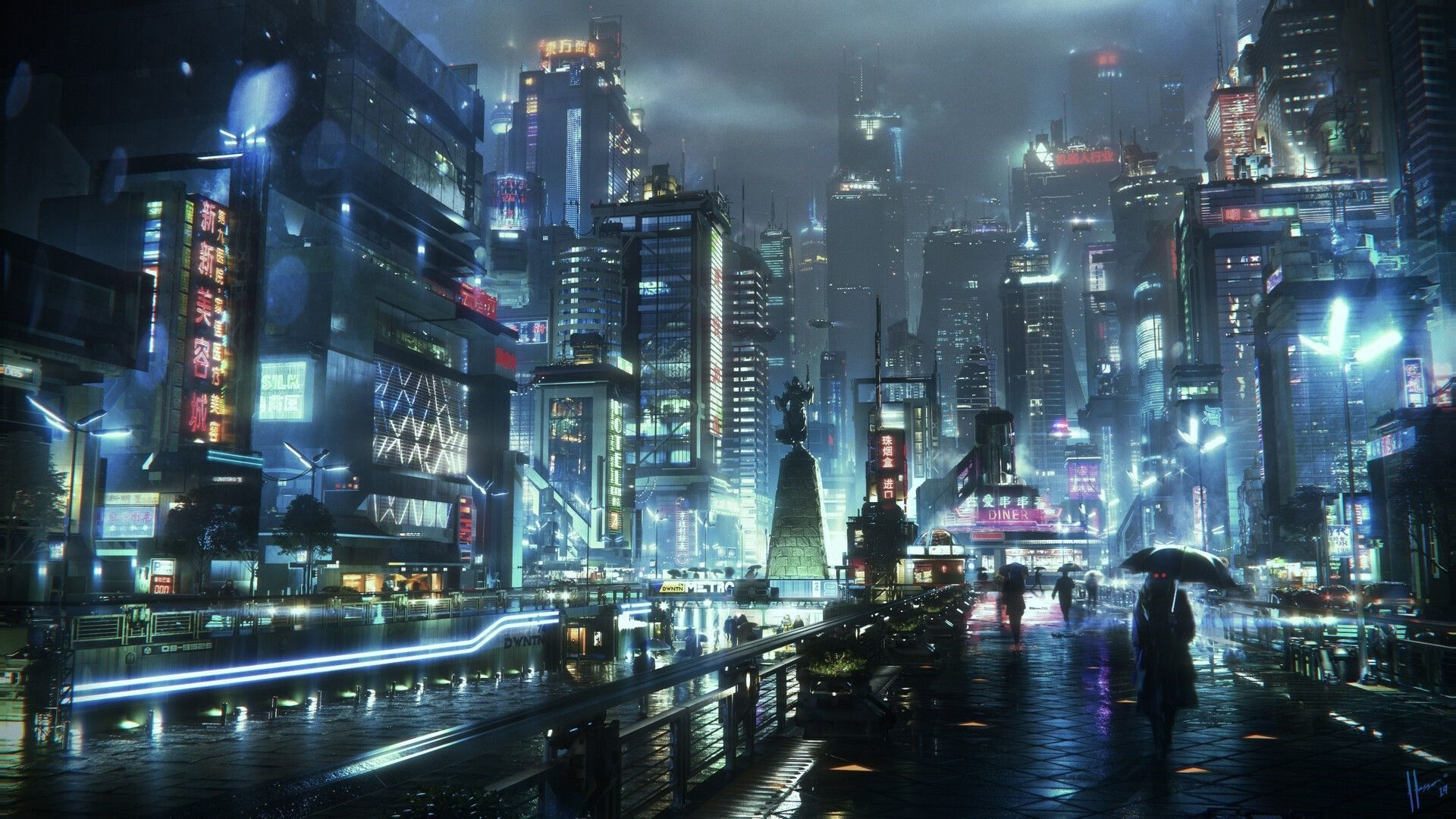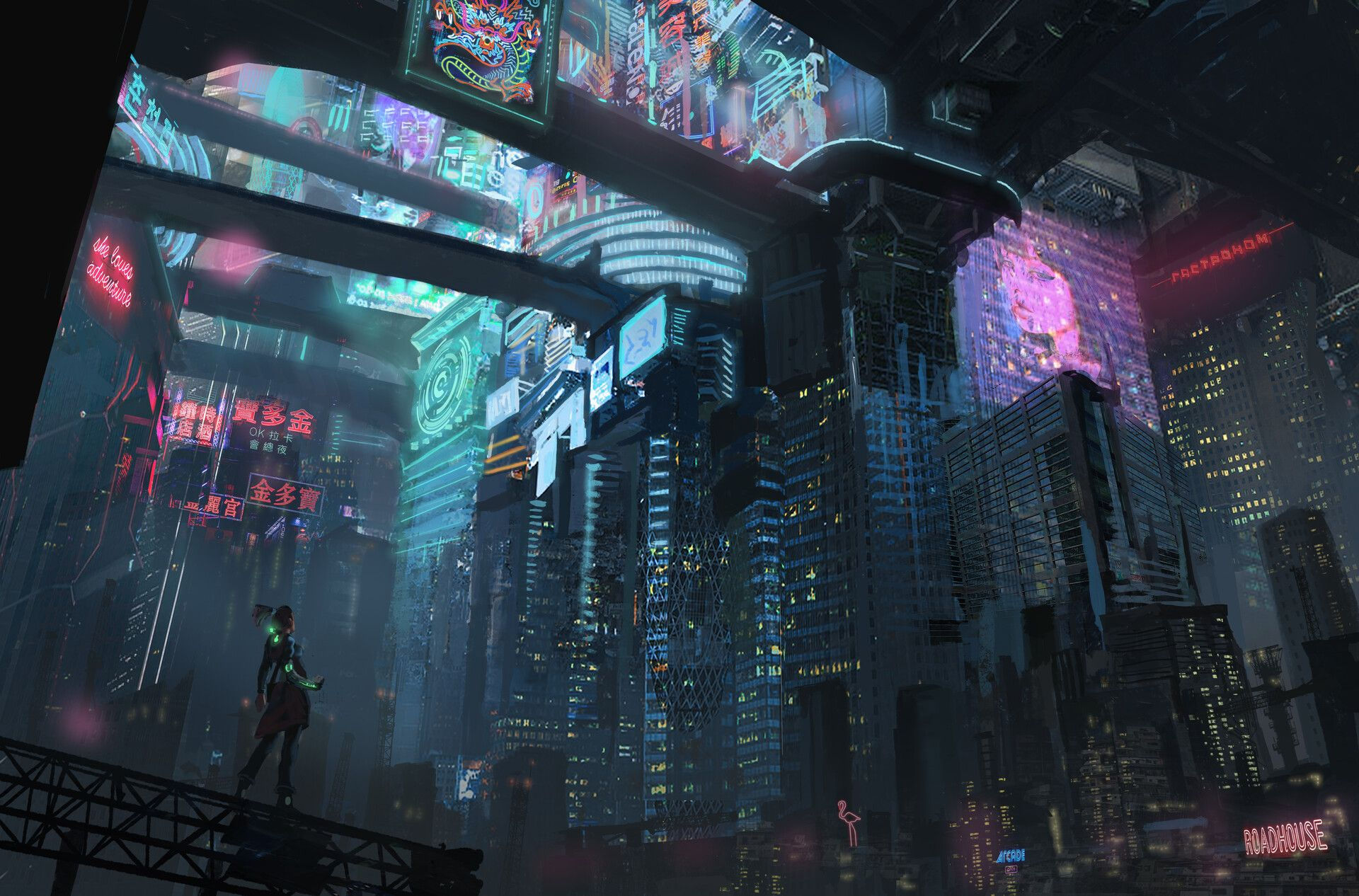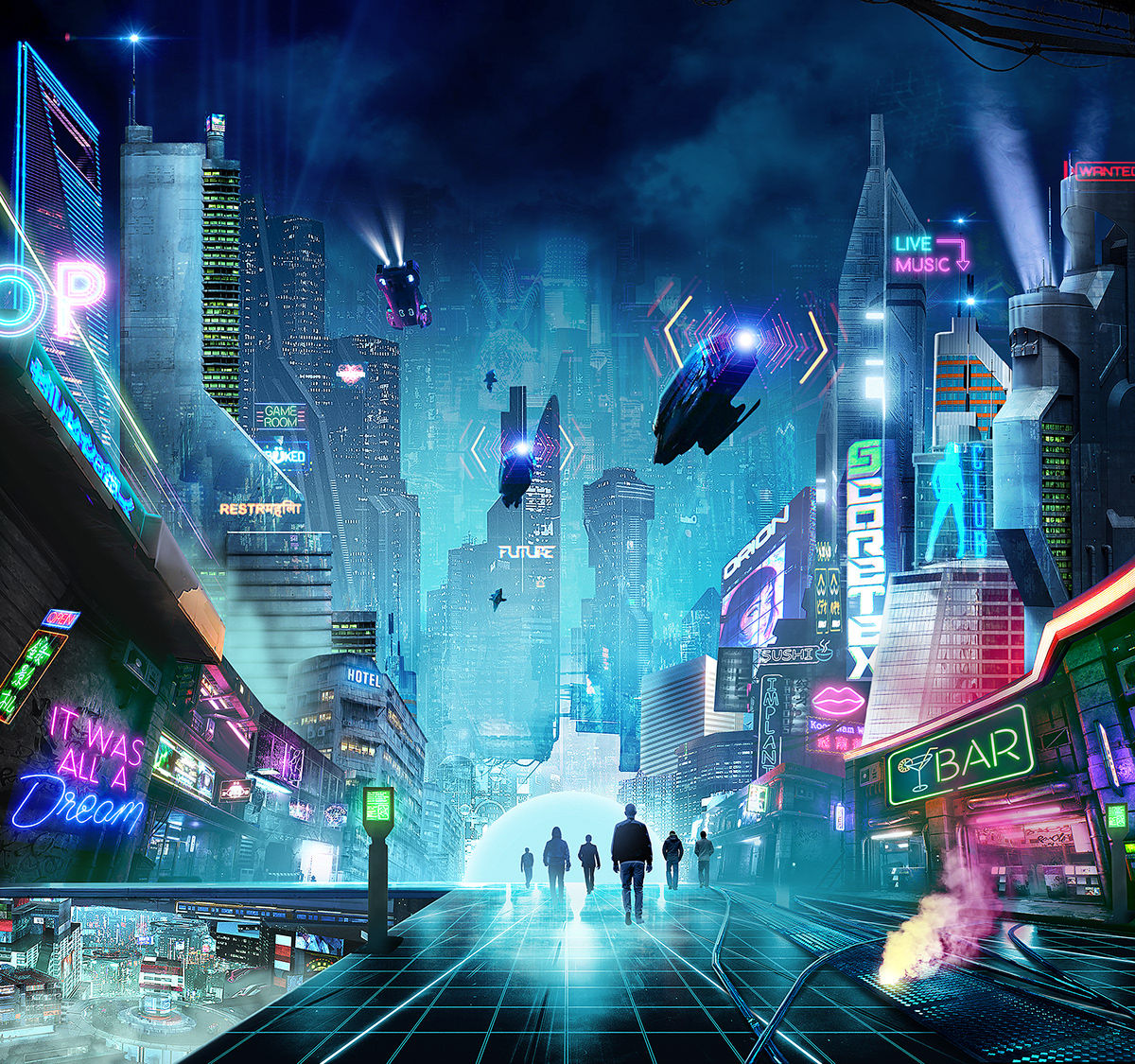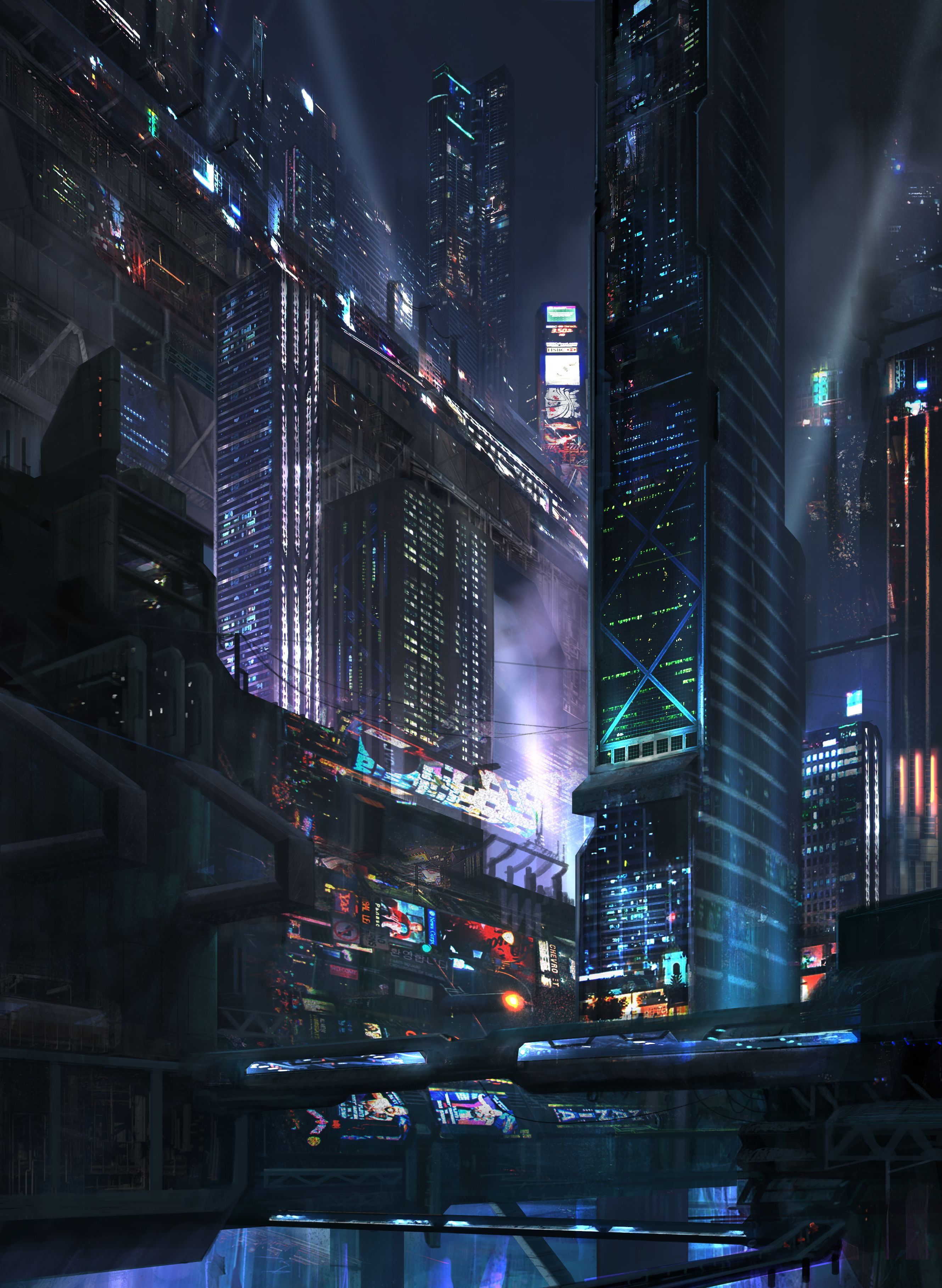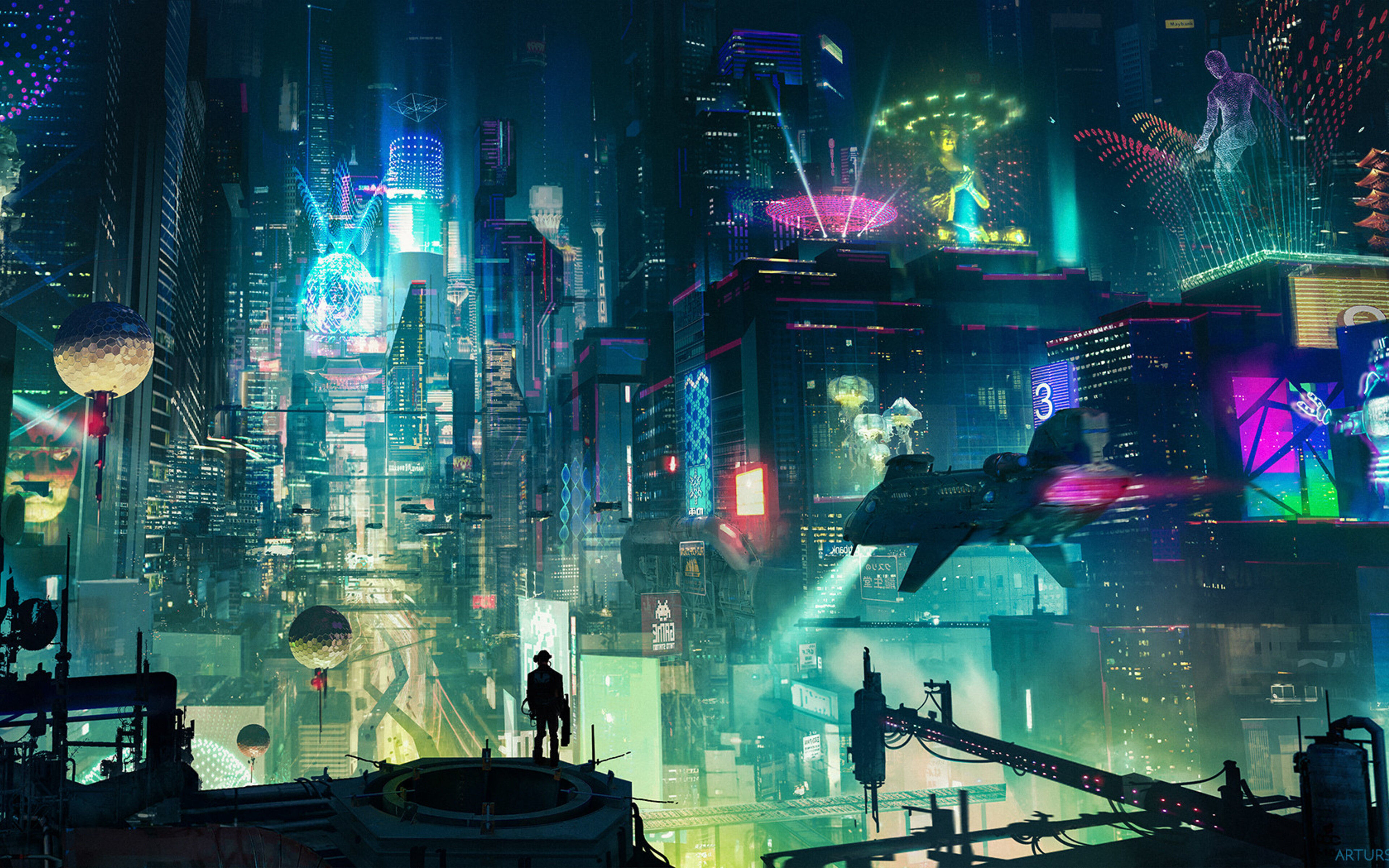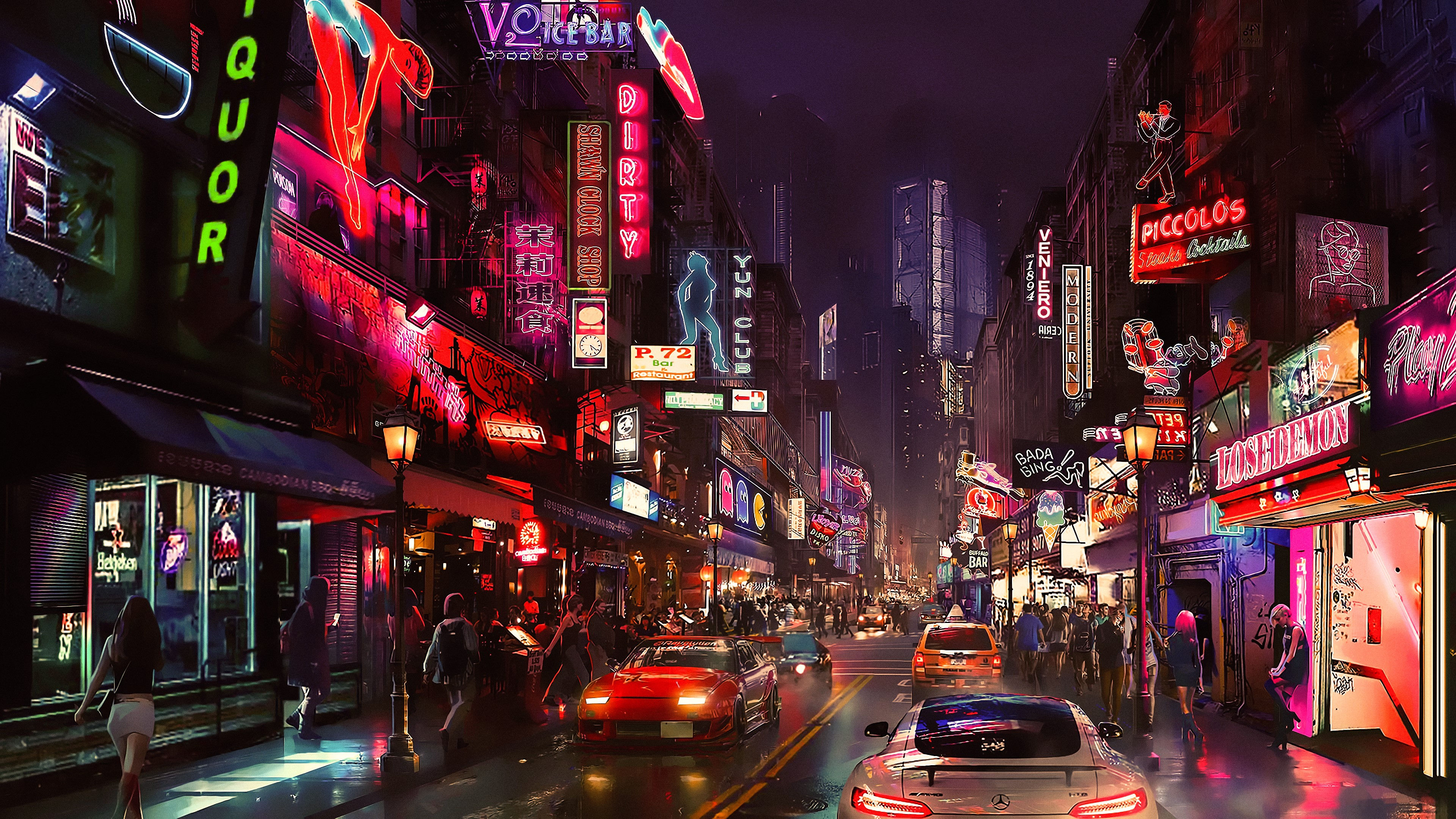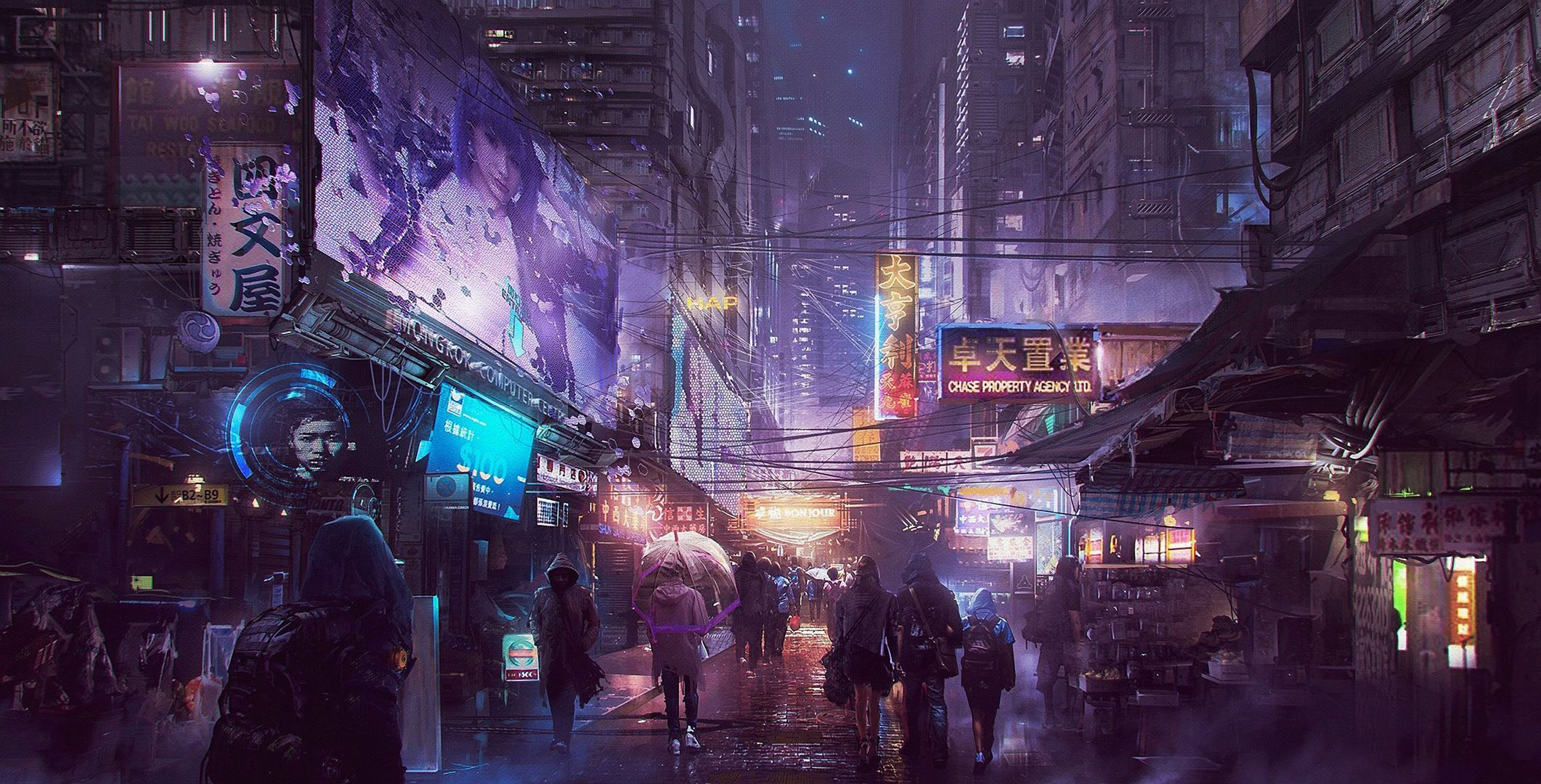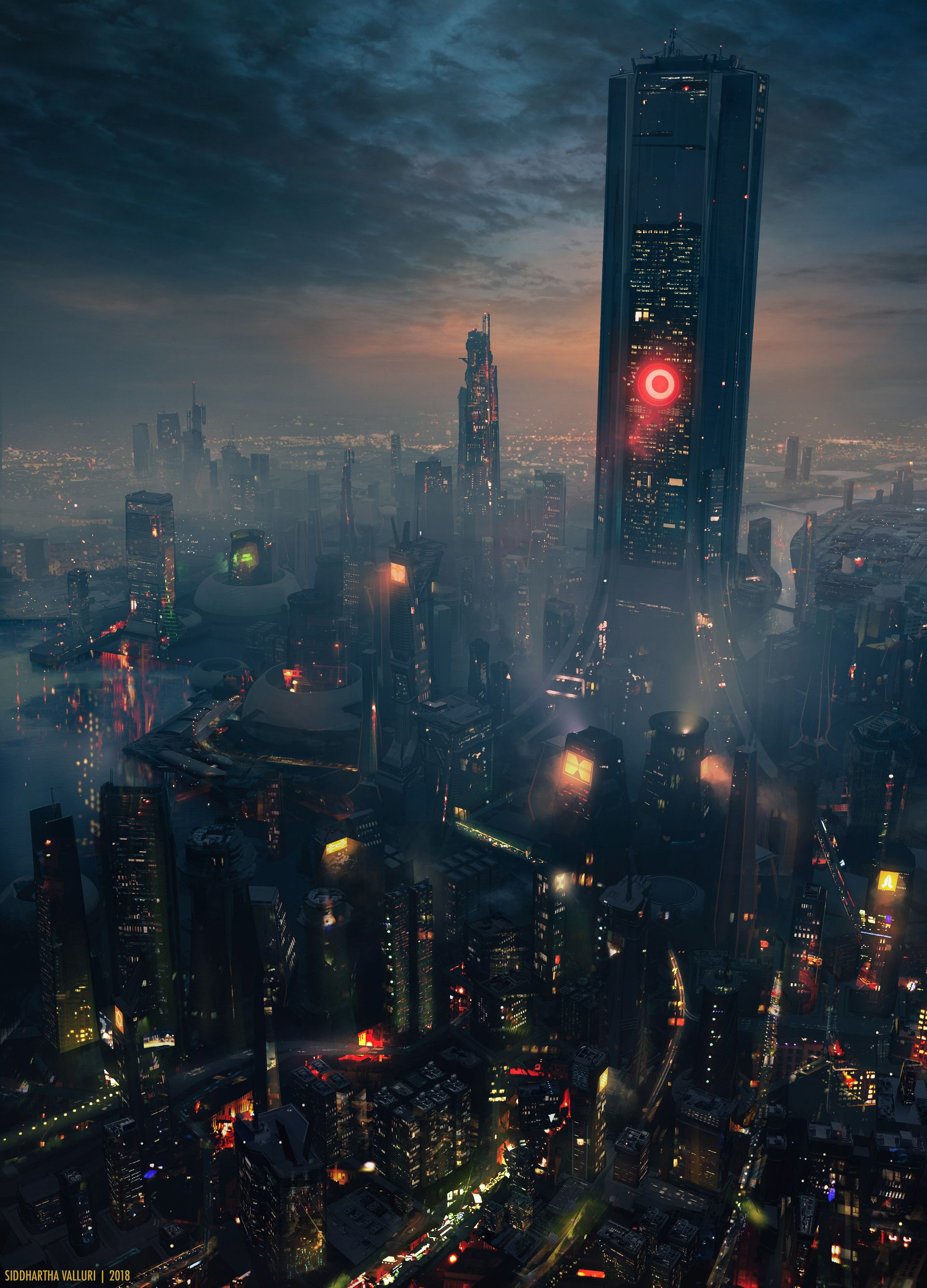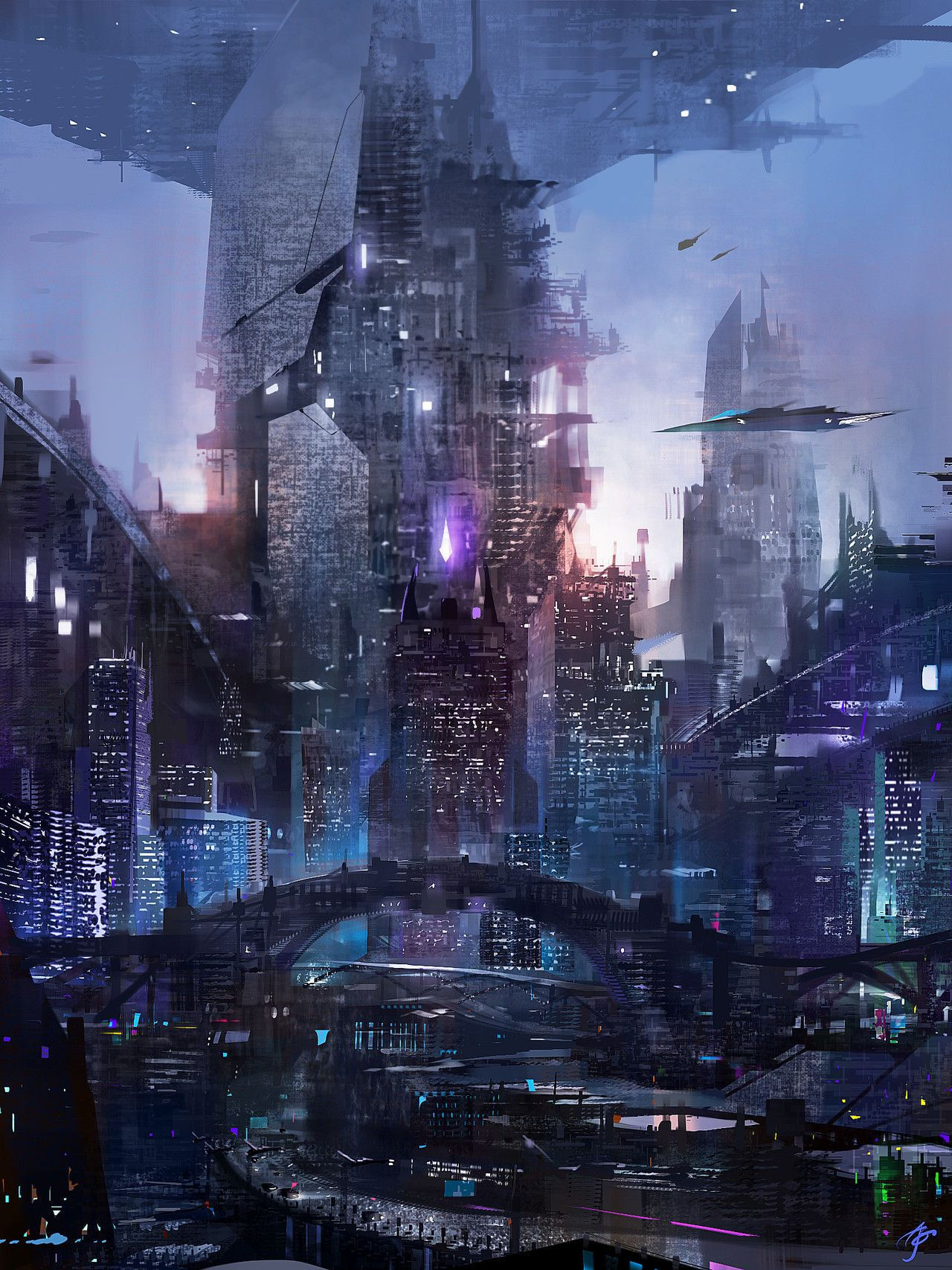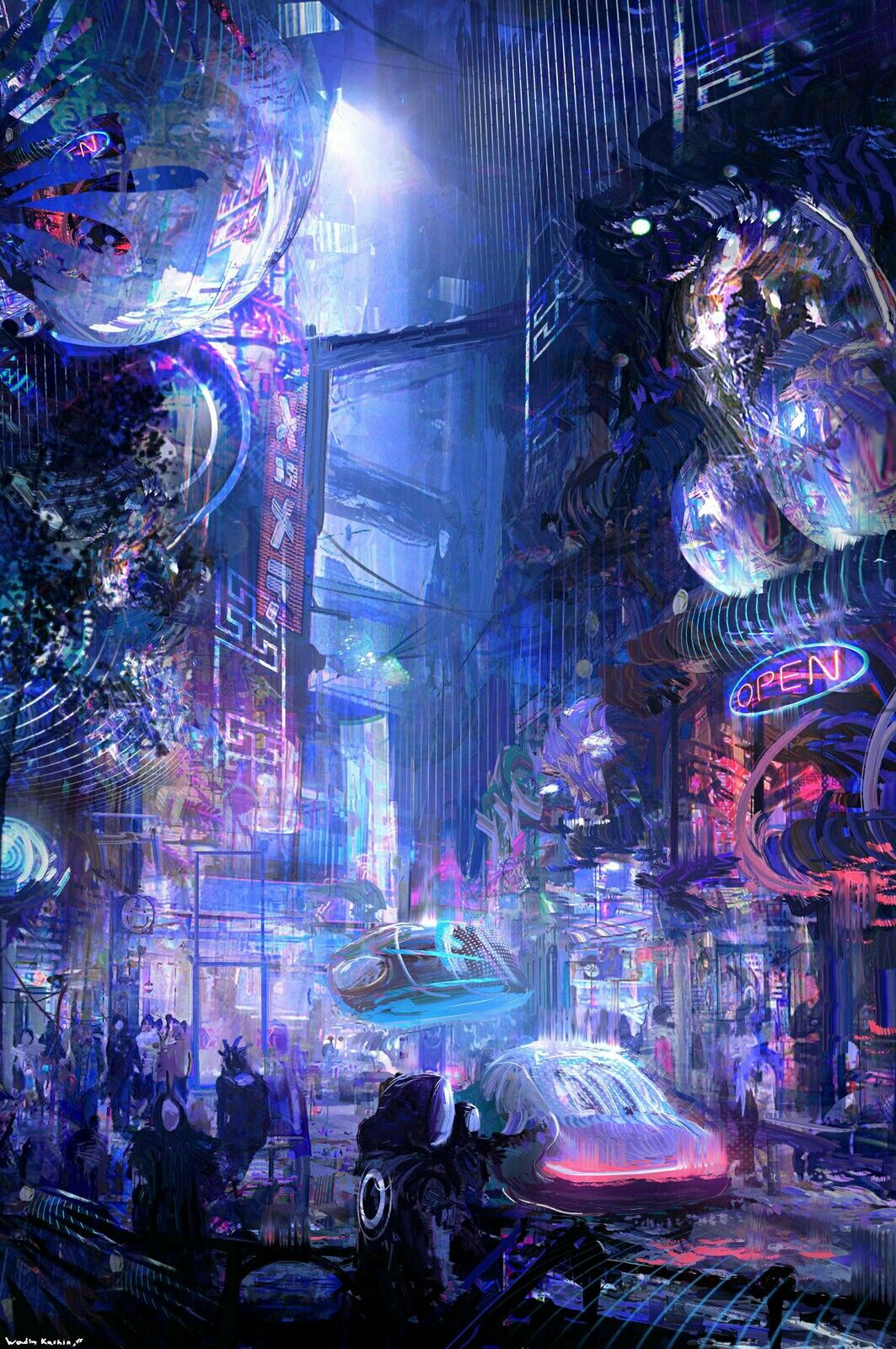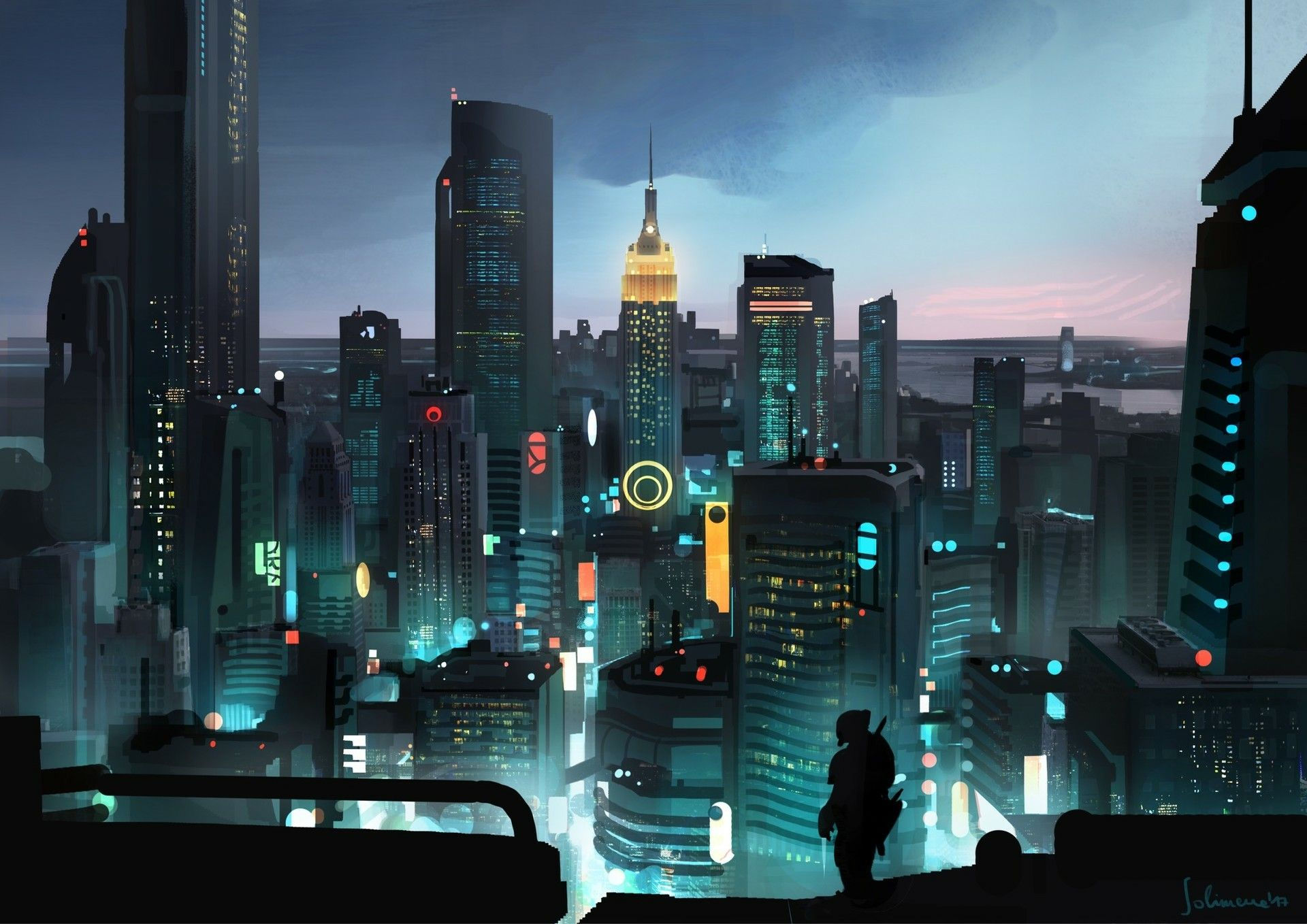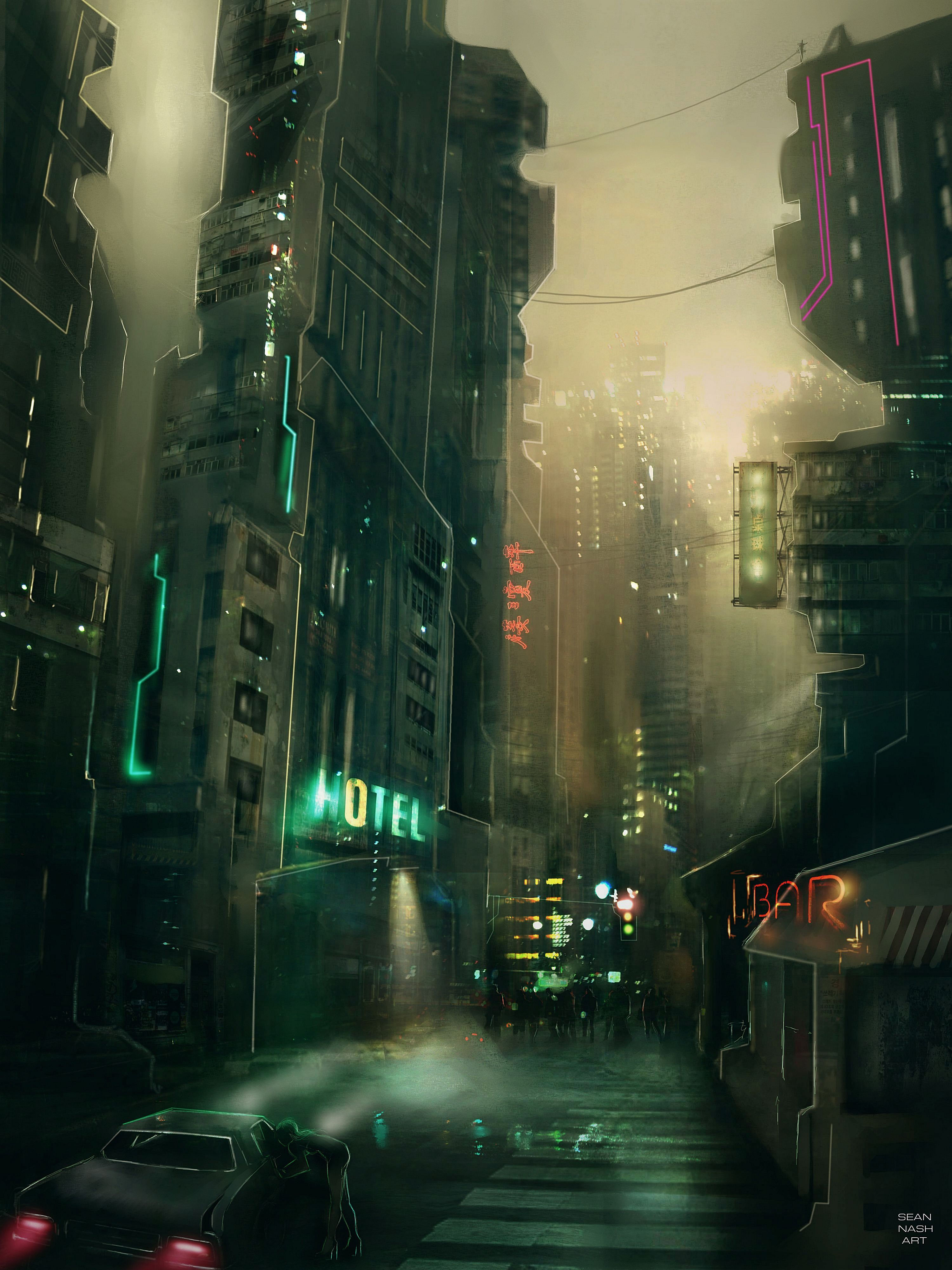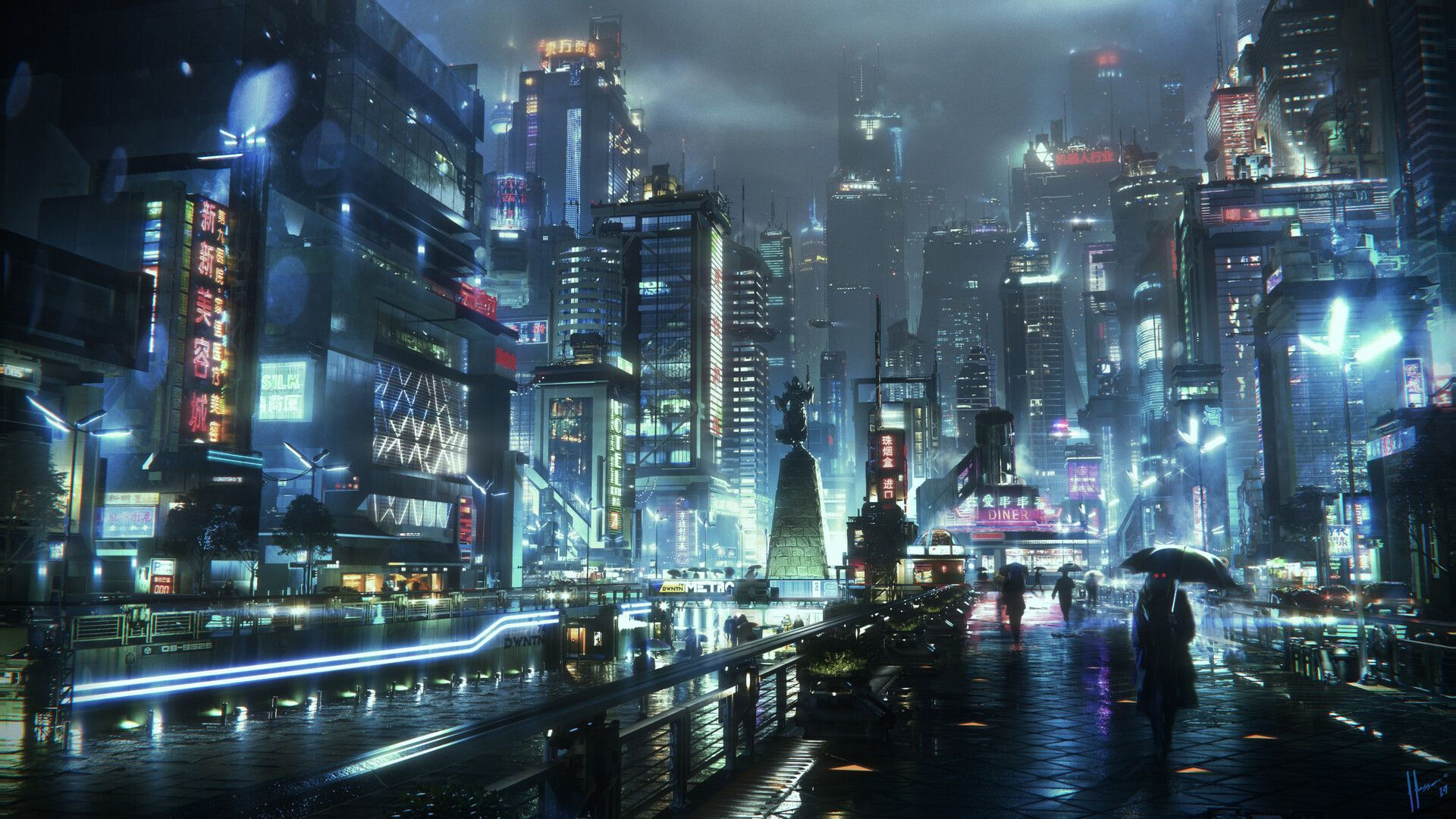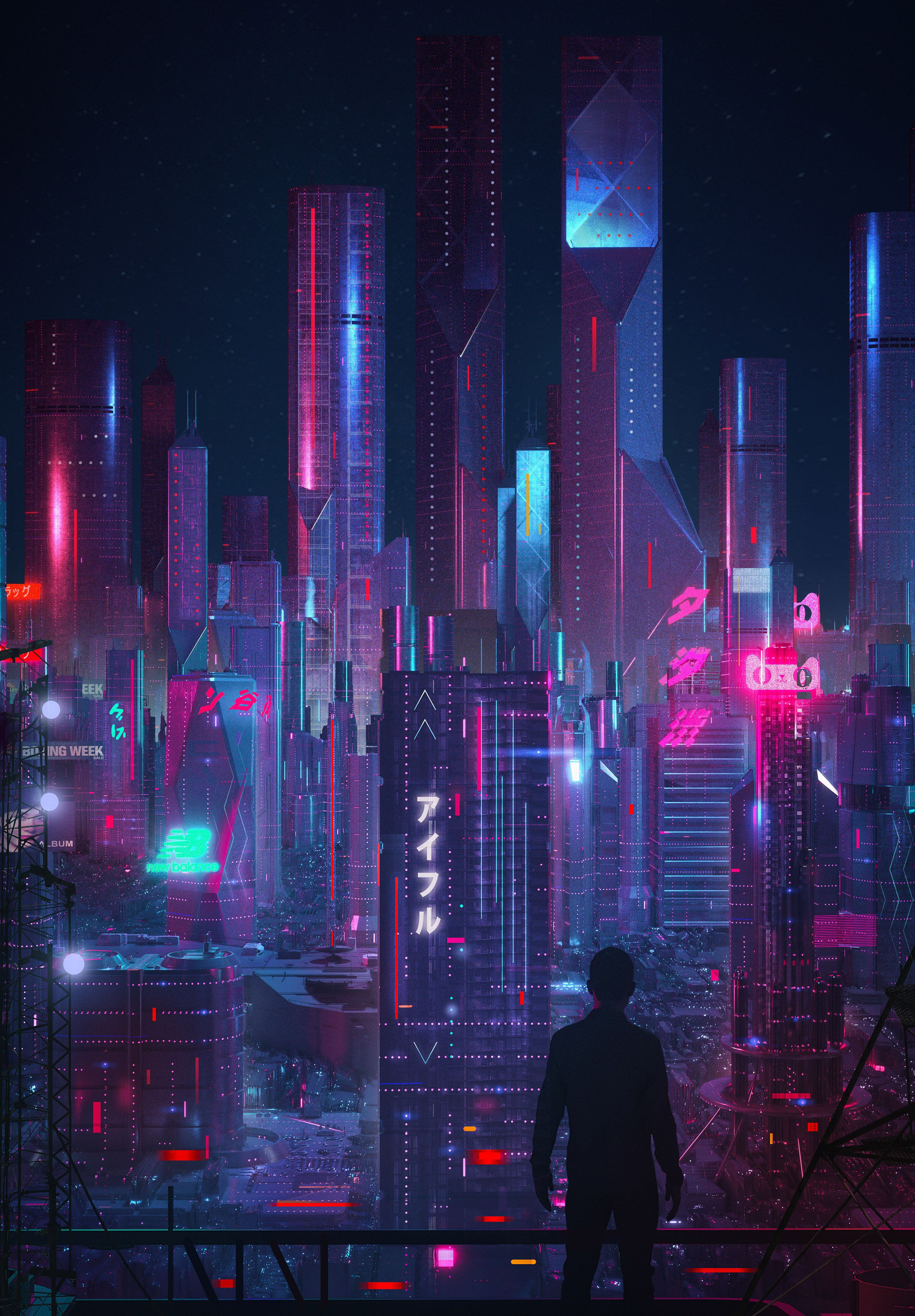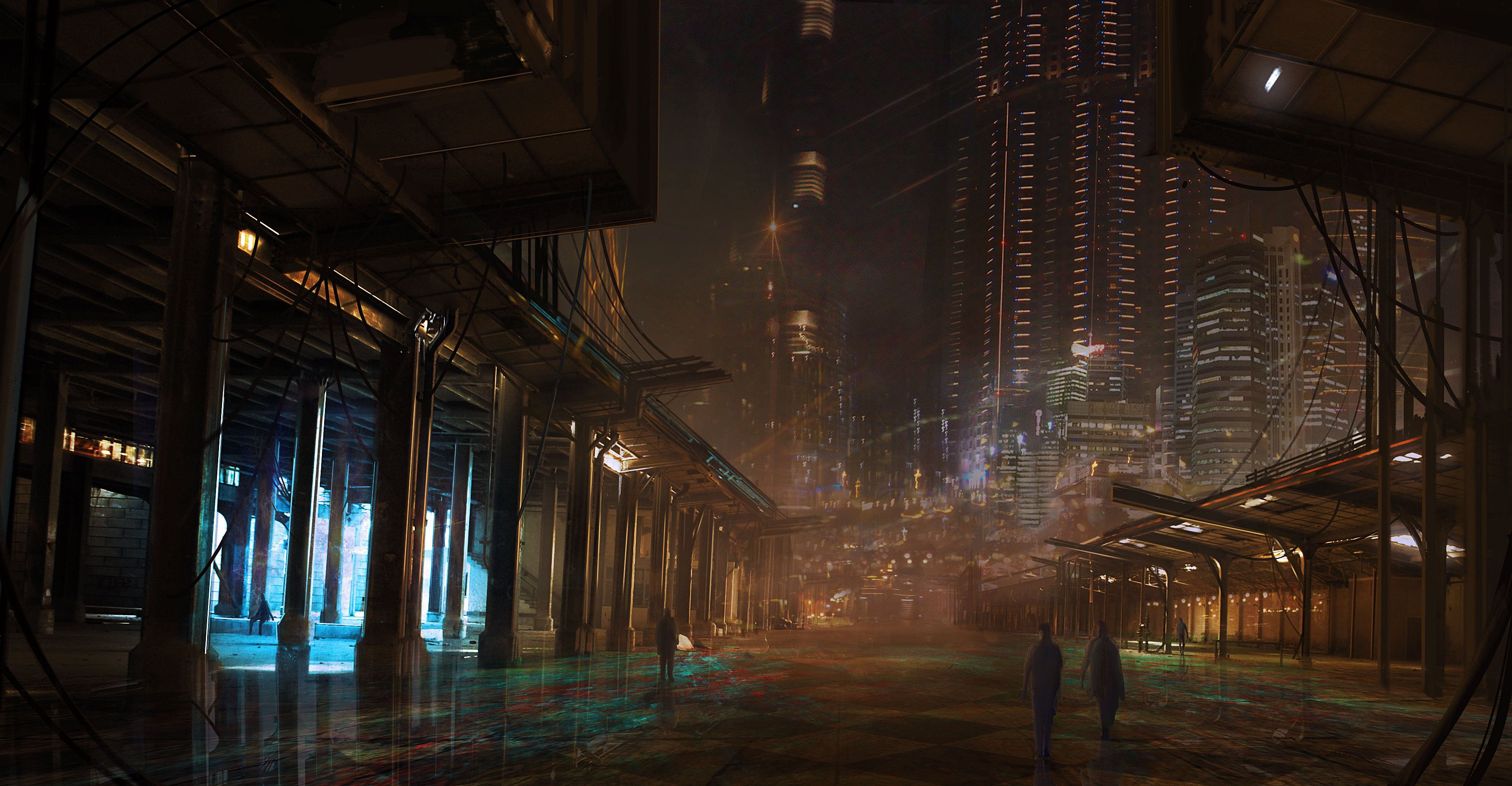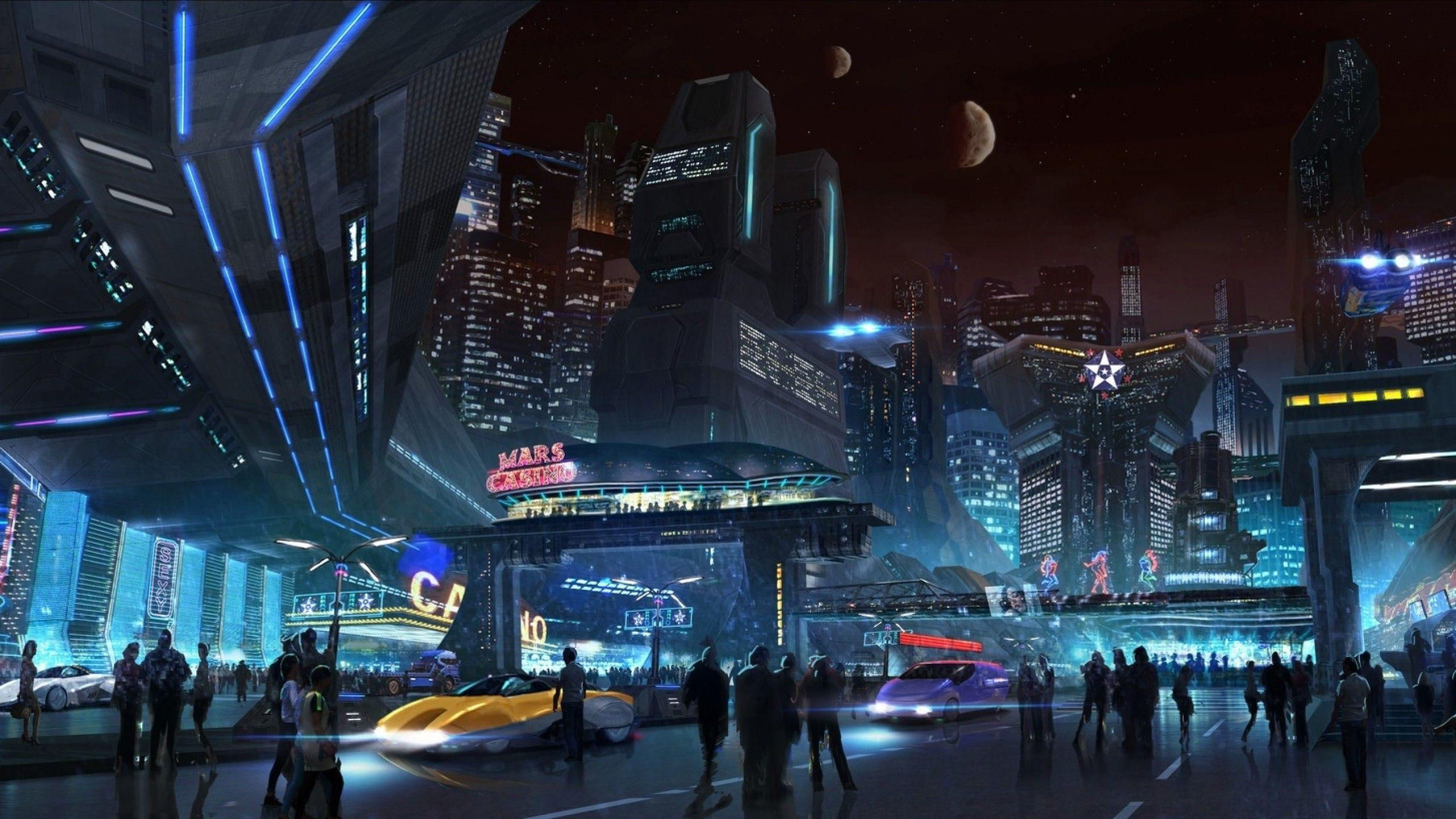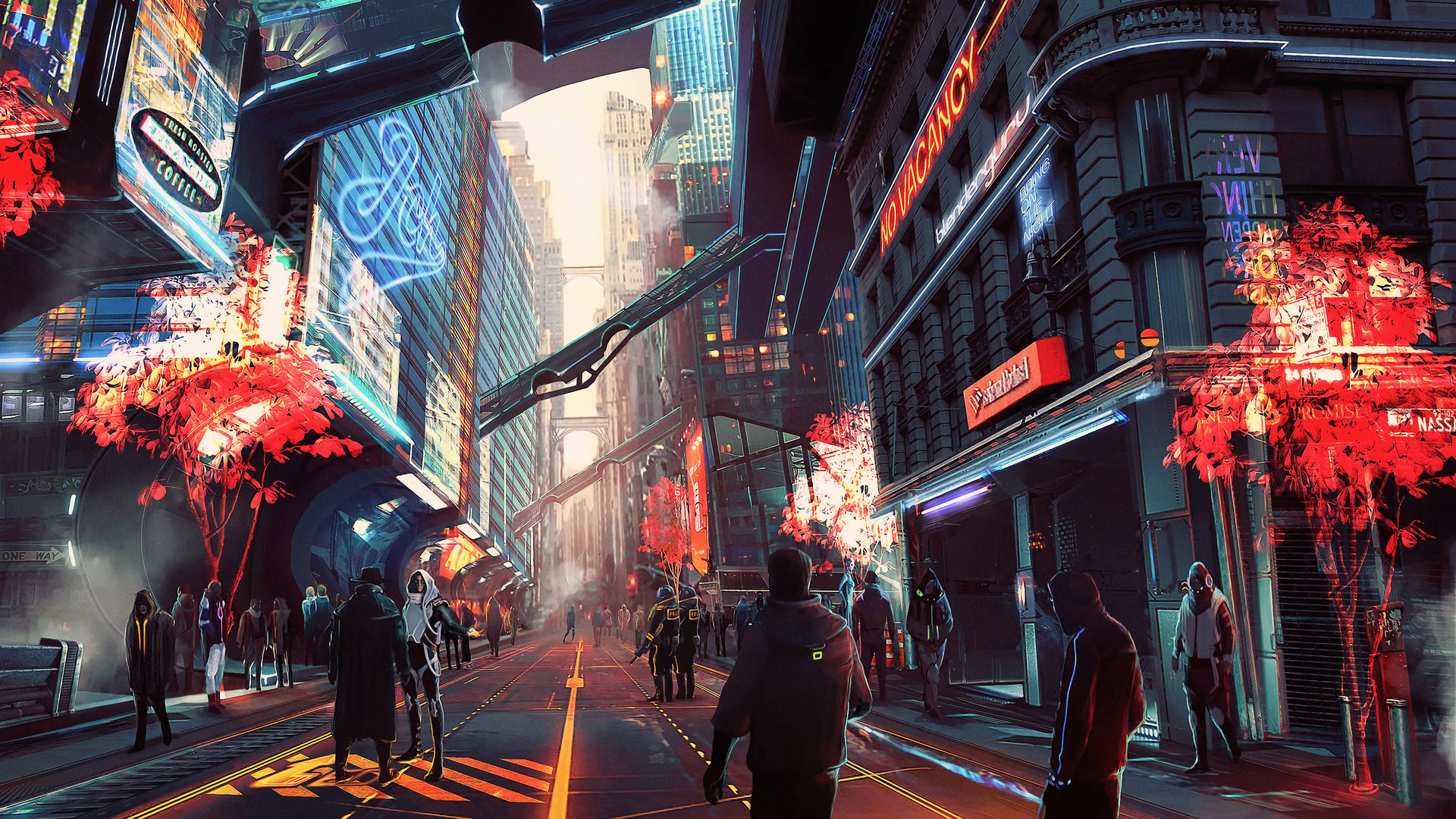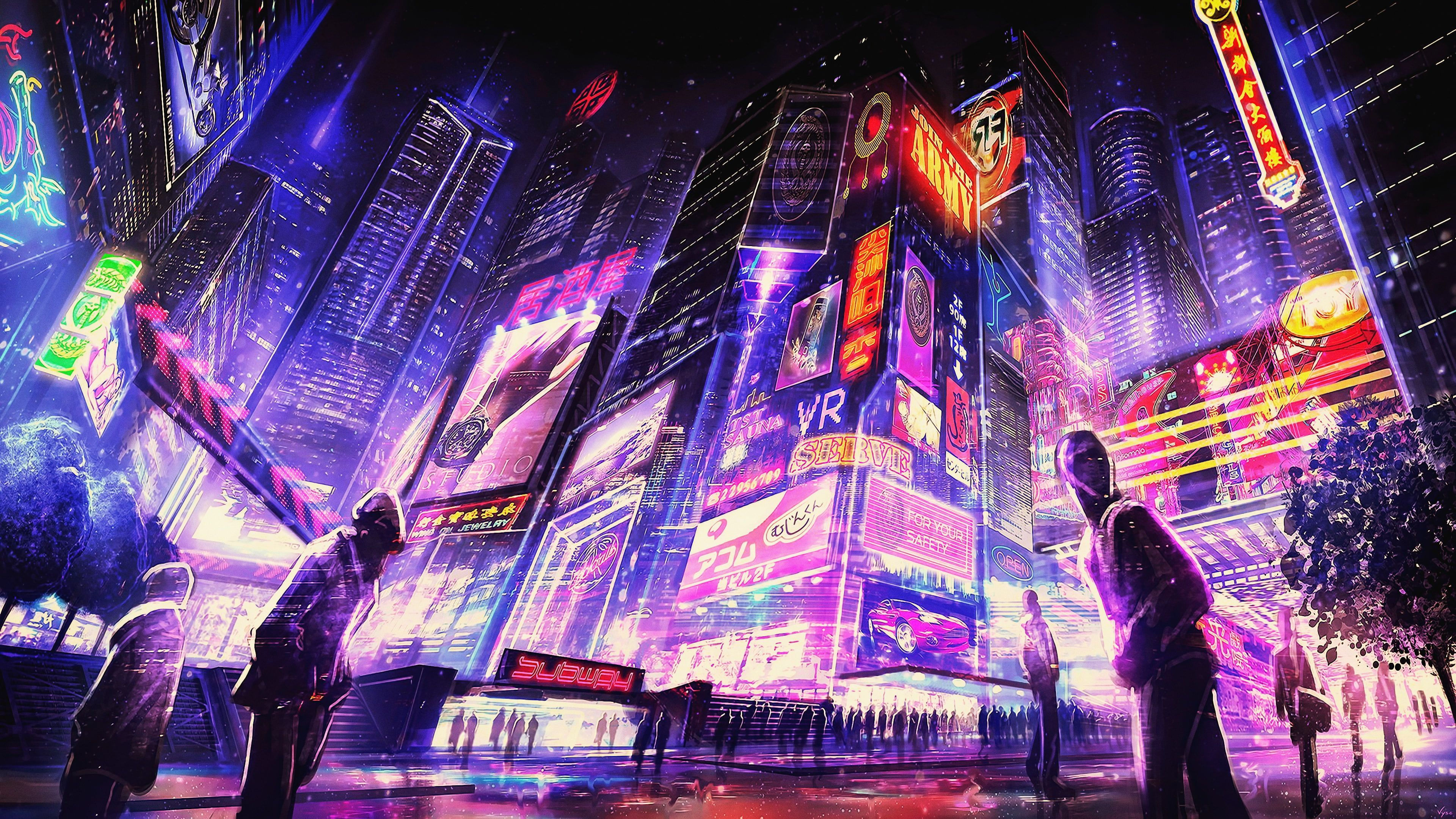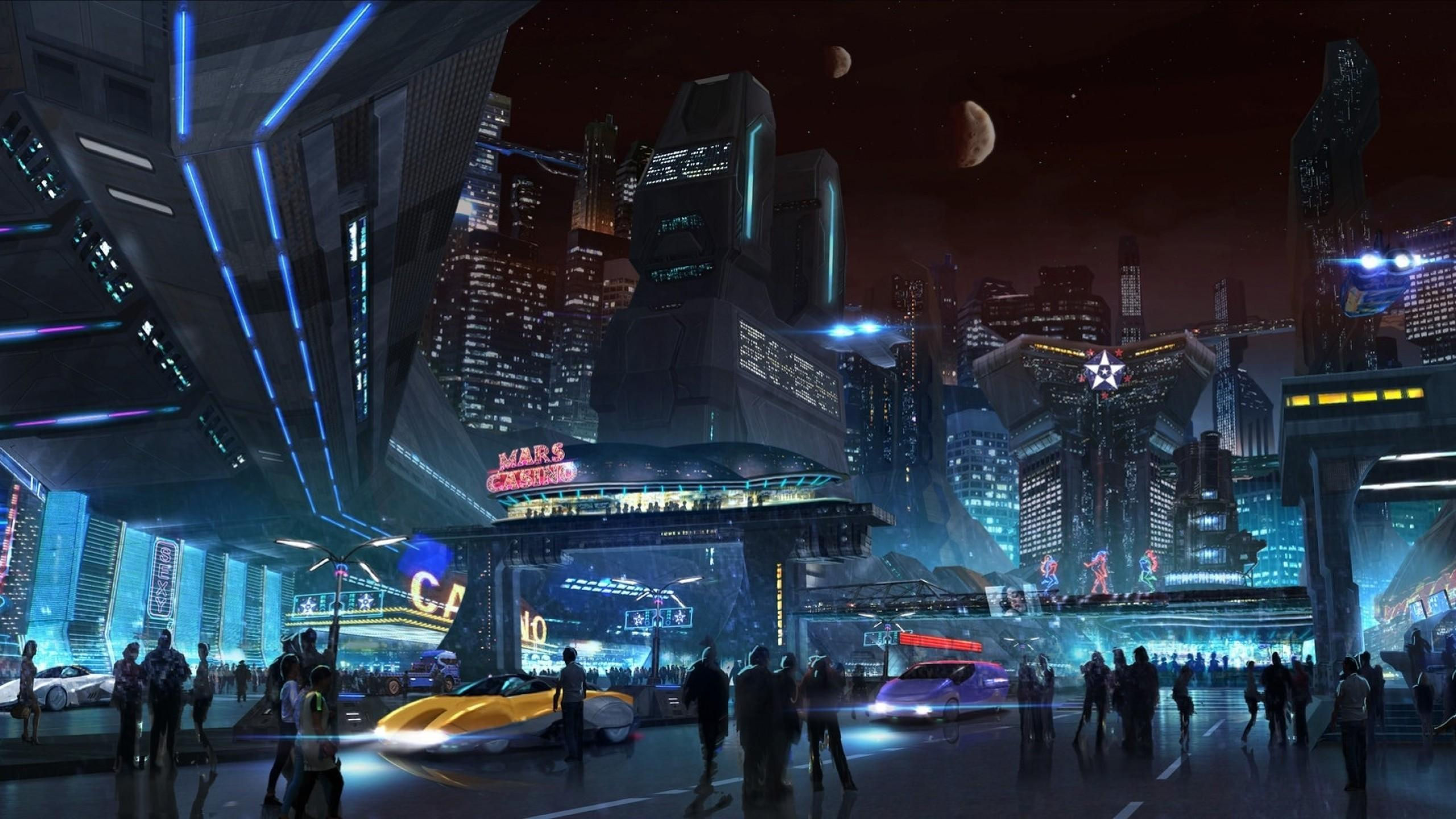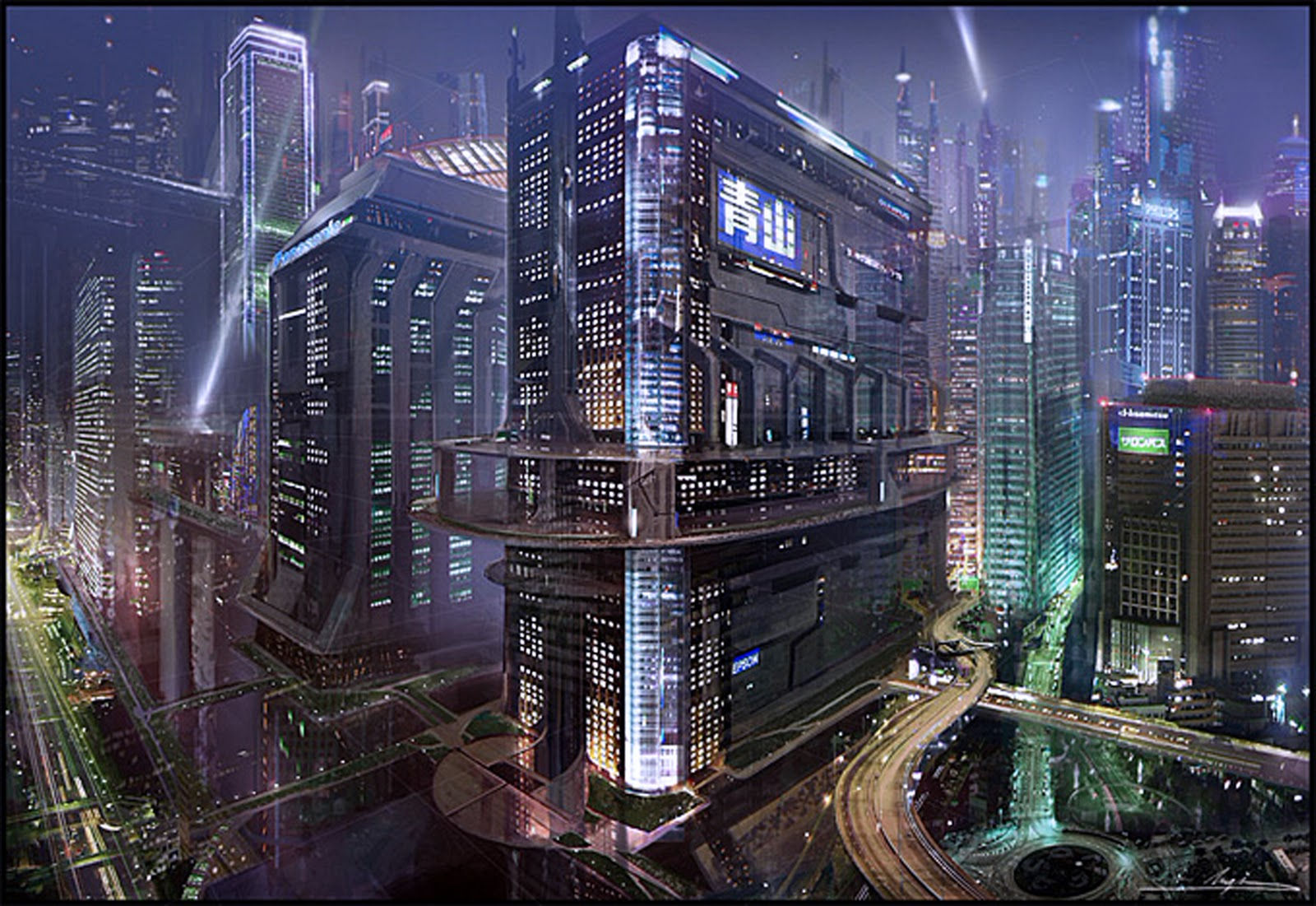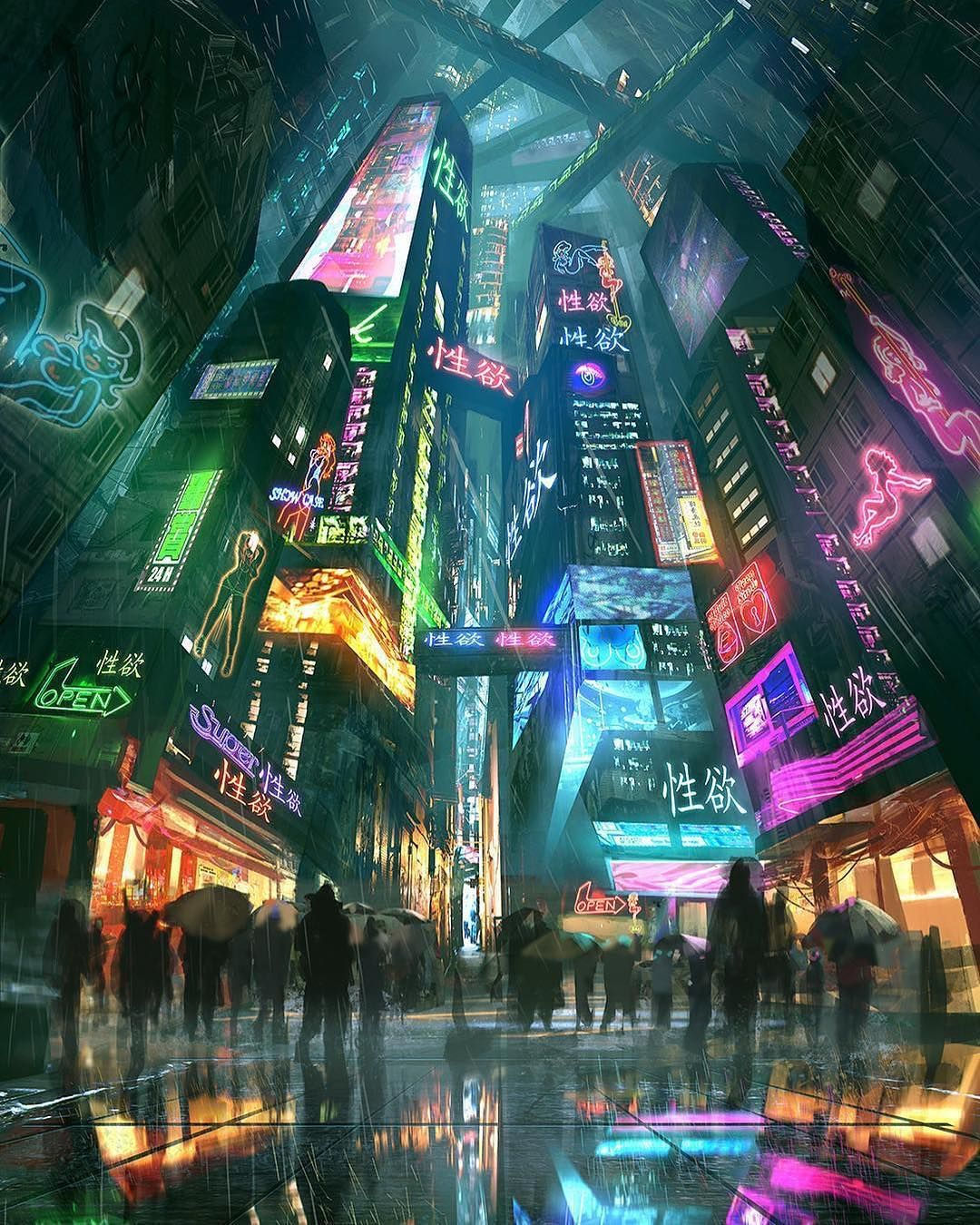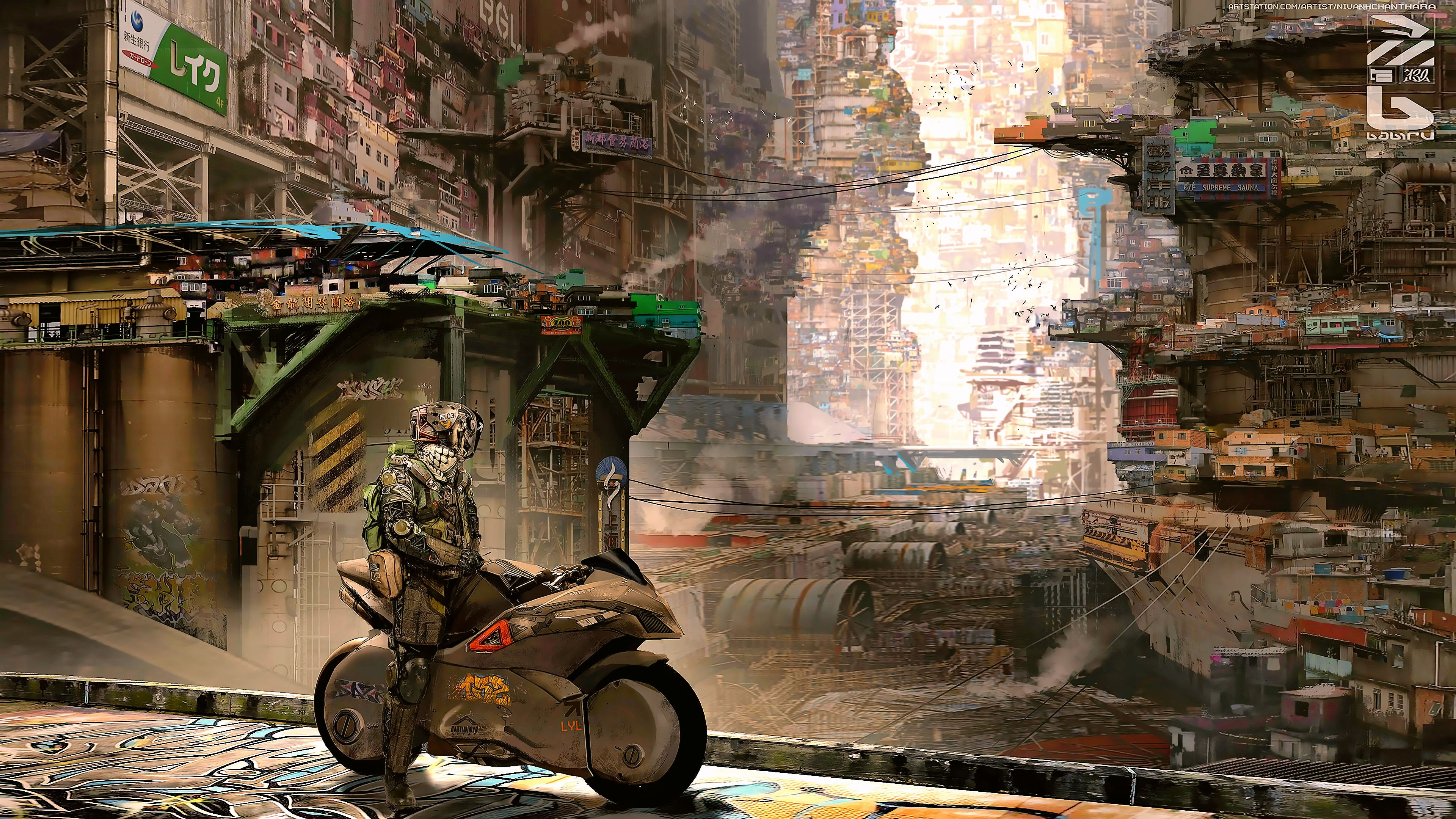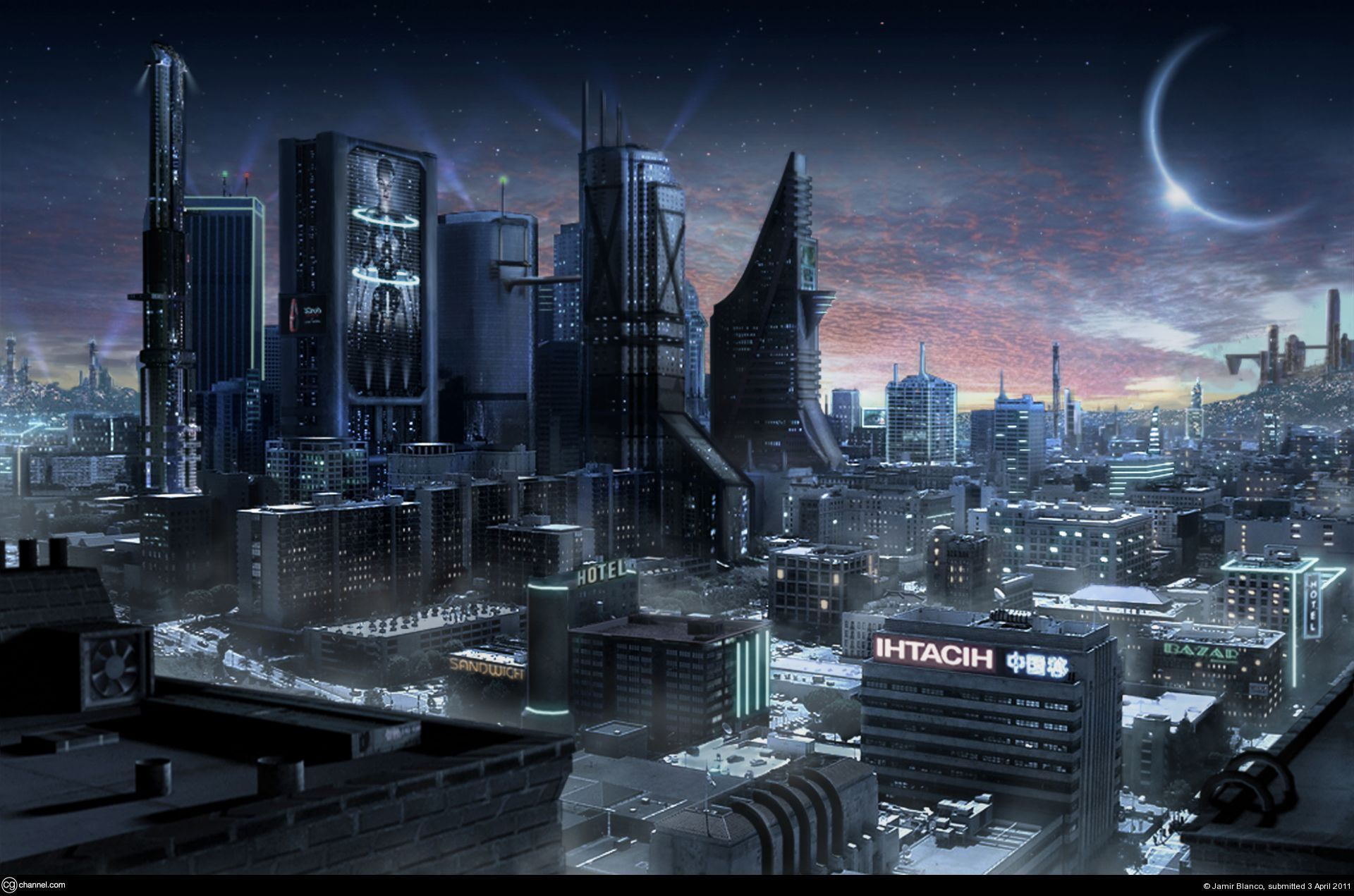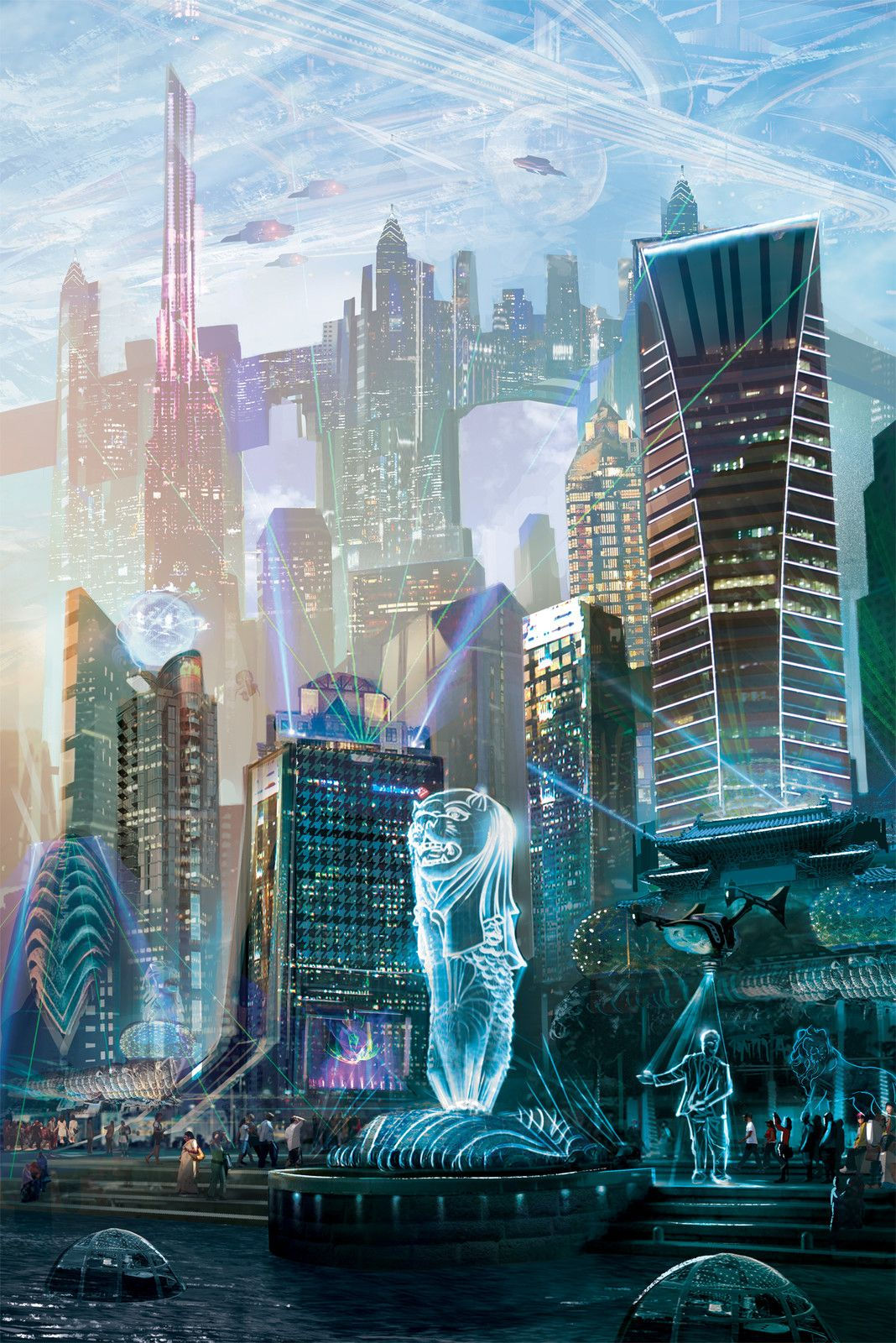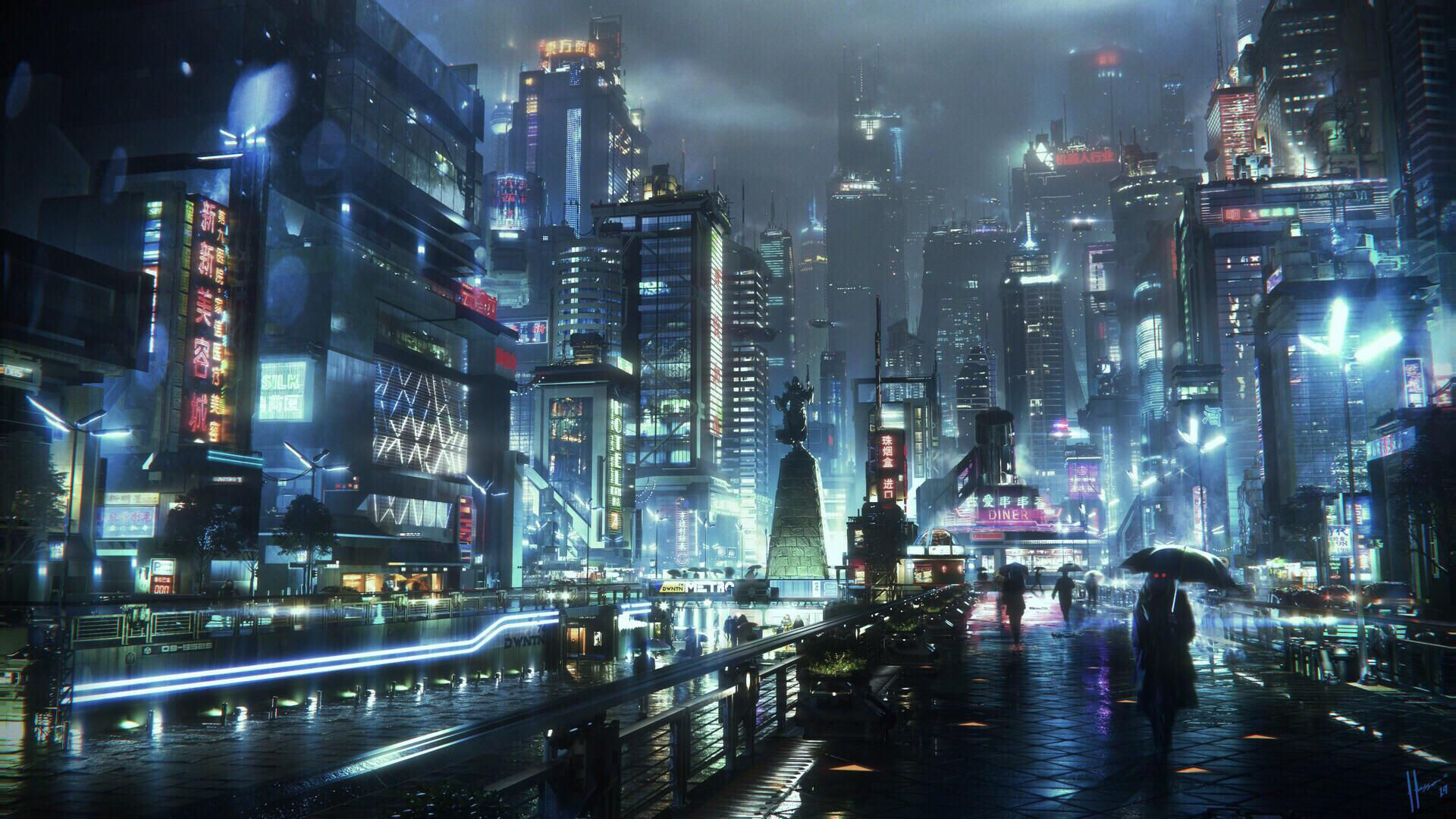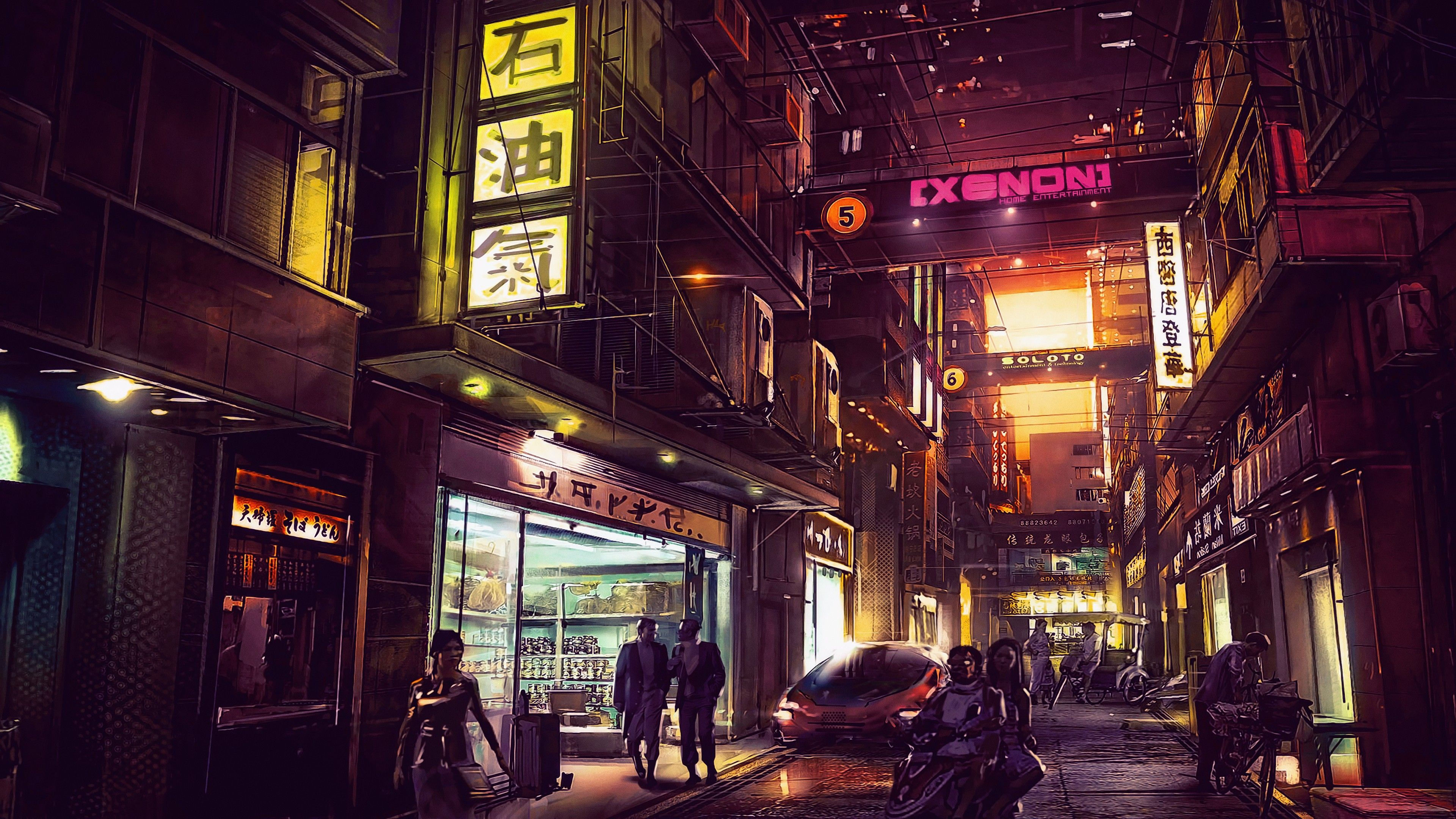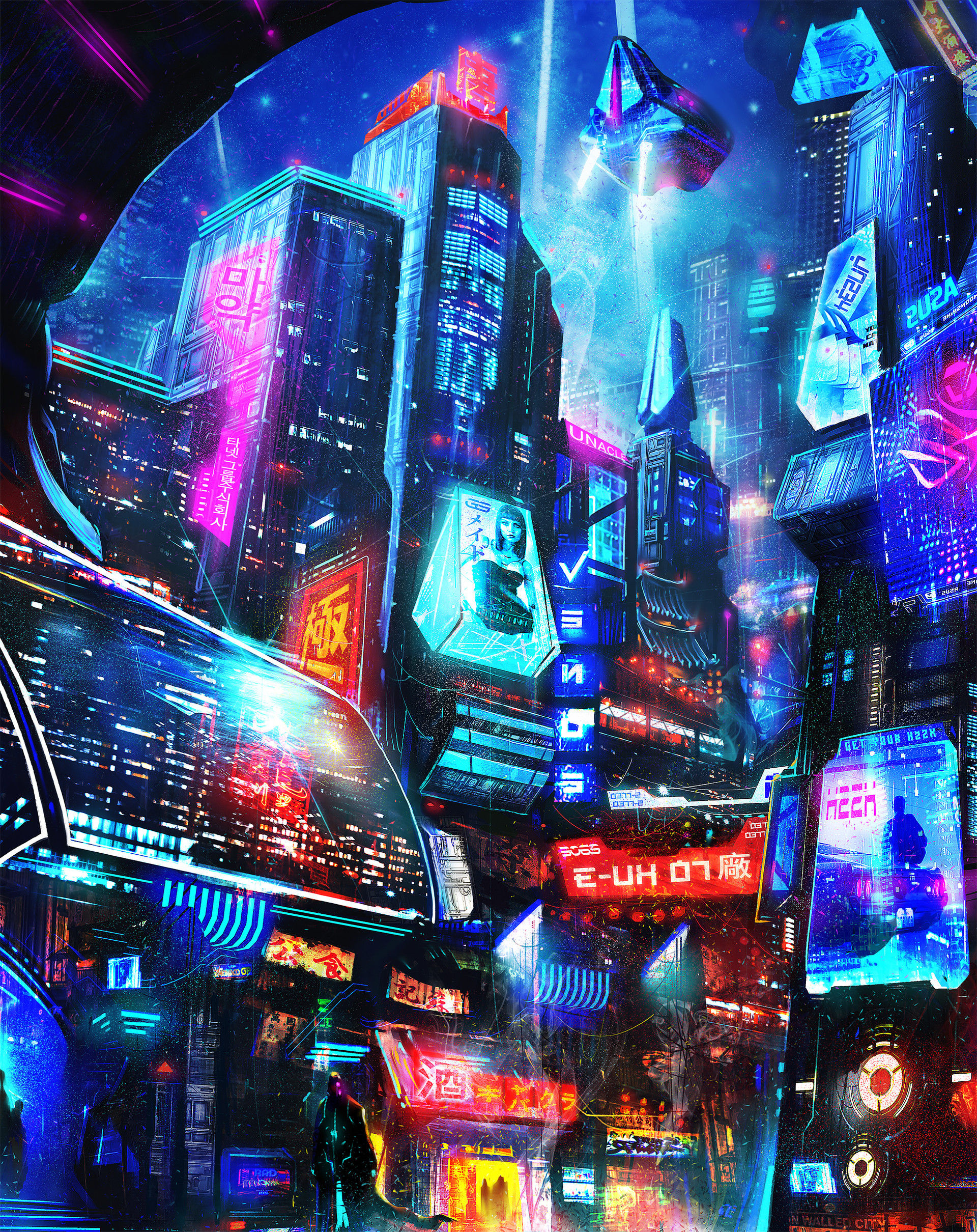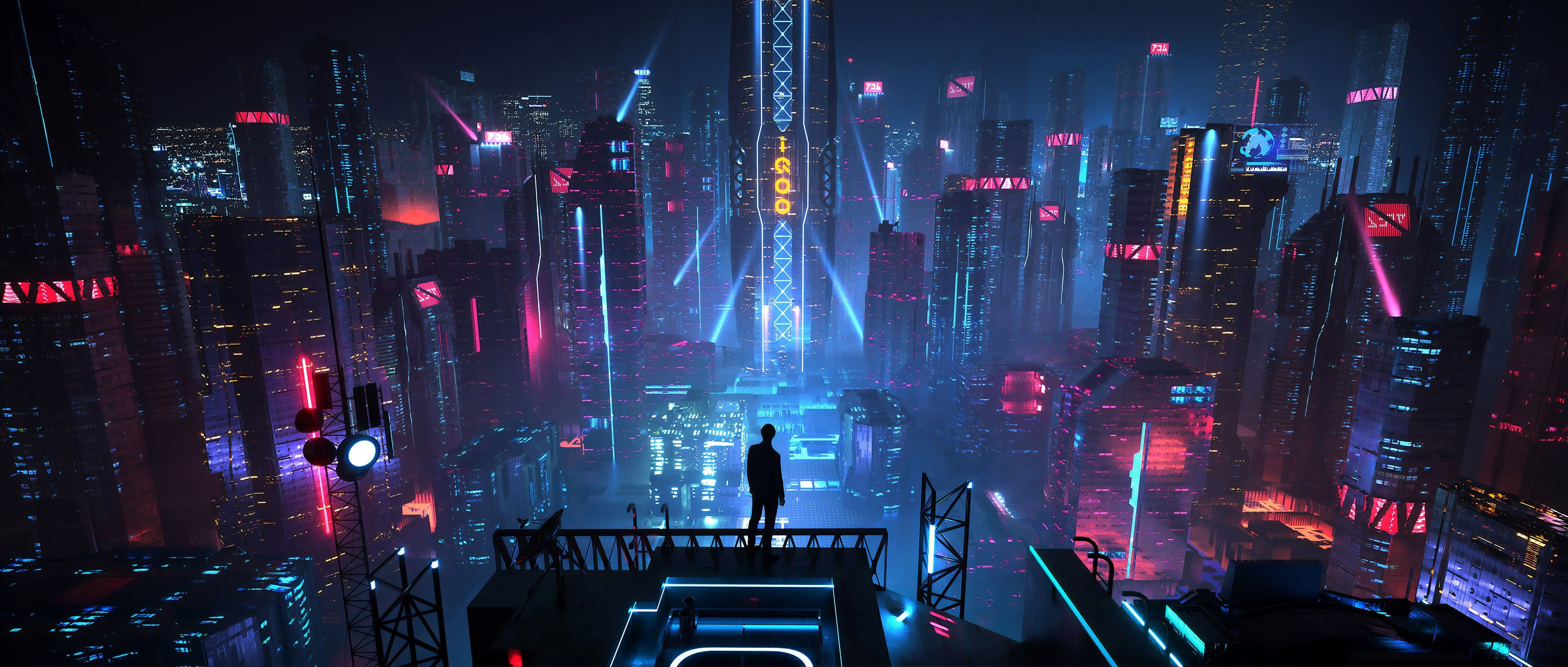The Future of Cities
The future of cities is an exciting topic to think about. How will our cities change in the years to come? Will they become more crowded, or will they become more spread out? Will they become more technologically advanced, or will they become more sustainable?
There are many different ways that cities could change in the future. One possibility is that they could become more crowded. As the world's population continues to grow, more and more people will be moving to cities. This could put a strain on resources, such as housing and transportation.
Another possibility is that cities could become more spread out. As people become more mobile, they may be less likely to live in dense urban areas. This could lead to the development of more suburban and rural areas.
Cities could also become more technologically advanced in the future. As technology continues to develop, it is likely that cities will become more efficient and sustainable. For example, cities could use sensors to monitor traffic and pollution levels, and they could use renewable energy sources to power their buildings.
Finally, cities could become more sustainable in the future. As people become more aware of the environmental impact of their actions, they may be more likely to live in ways that are less harmful to the planet. This could lead to the development of more sustainable cities, such as cities that have a smaller carbon footprint or that produce less waste.
The future of cities is an exciting topic to think about. There are many different ways that cities could change in the years to come. It is up to us to decide what kind of cities we want to live in.
